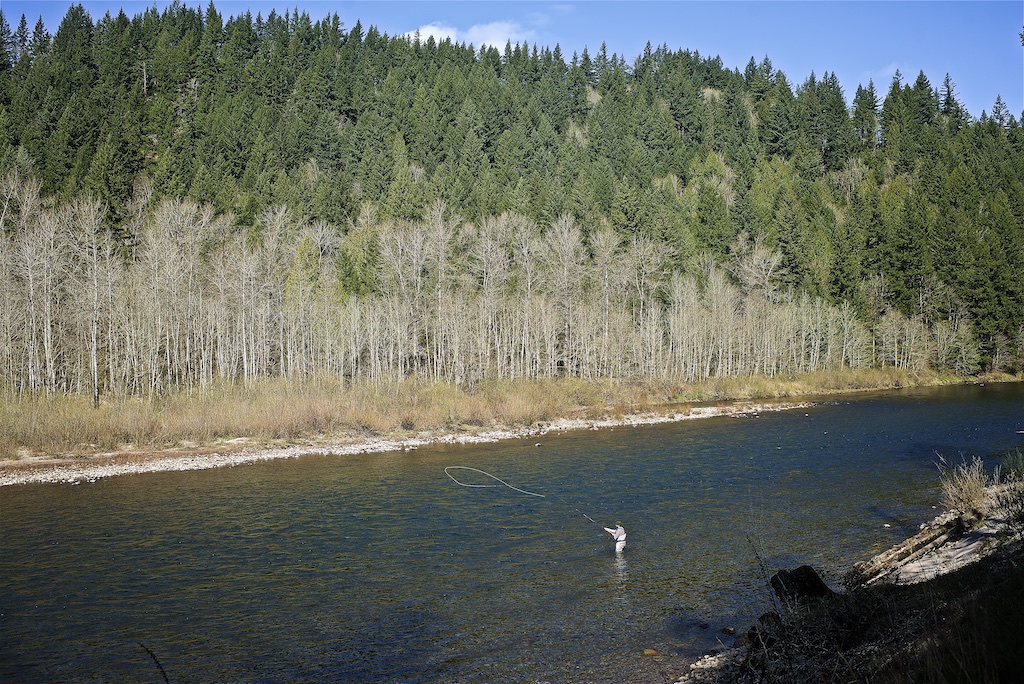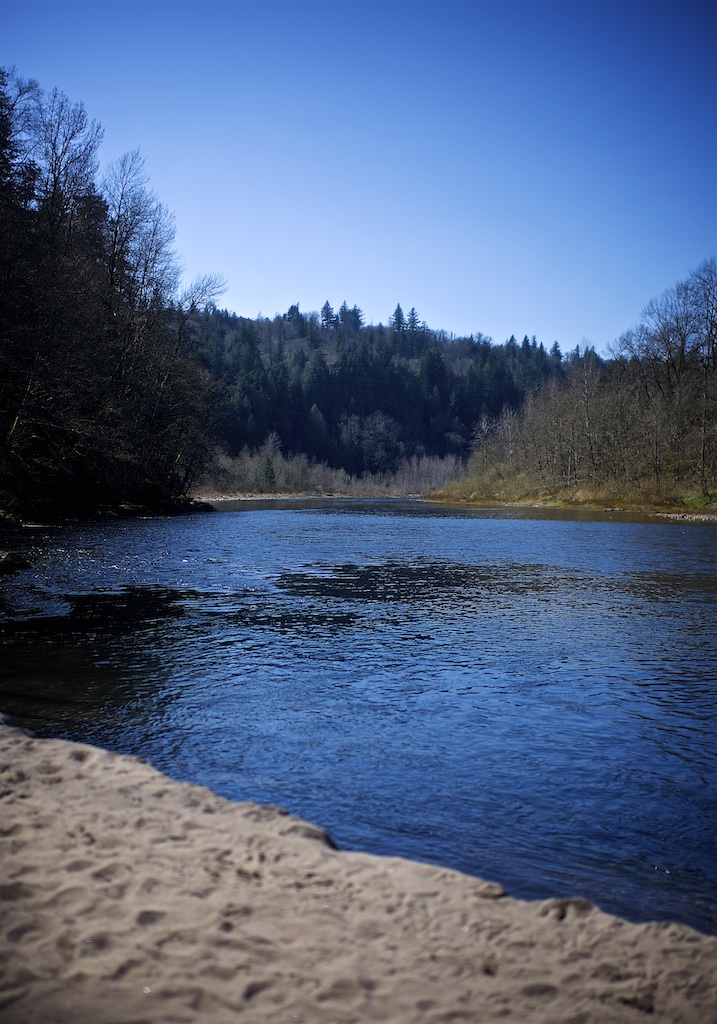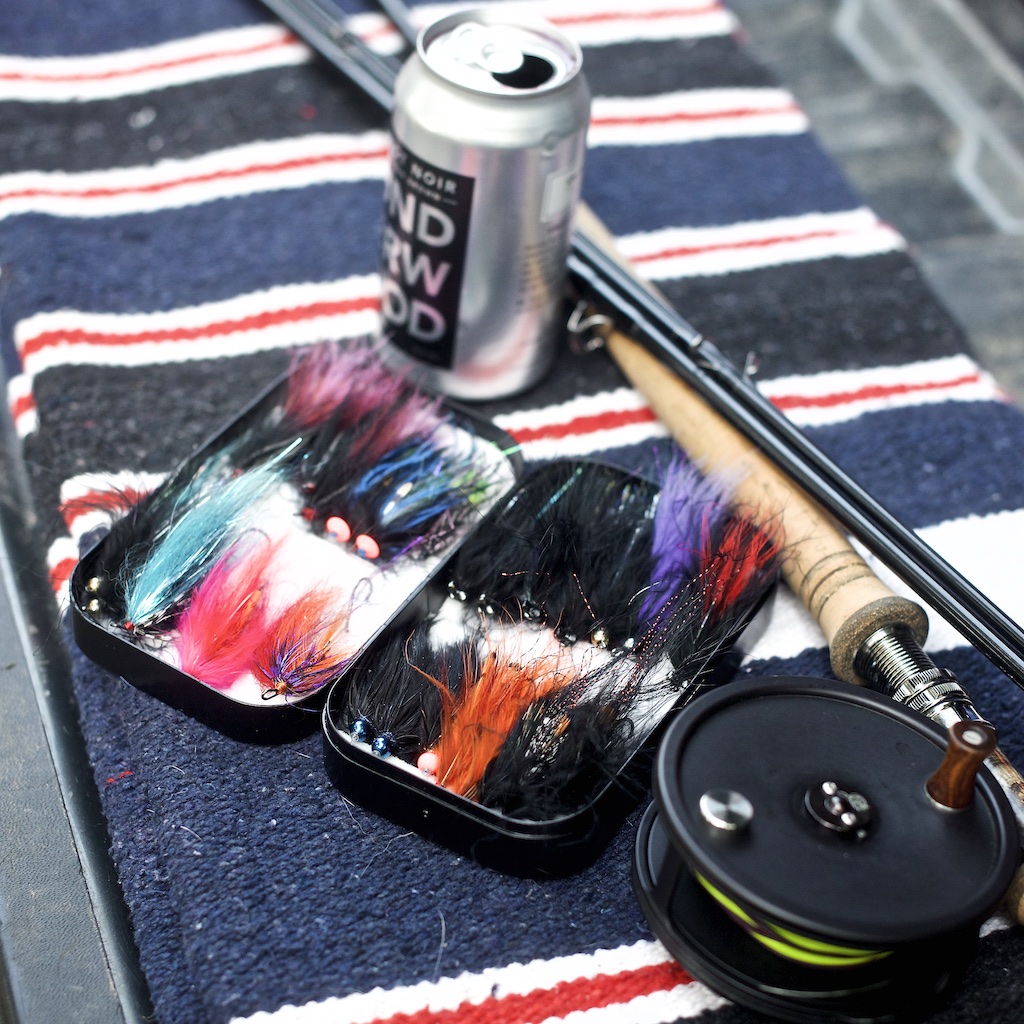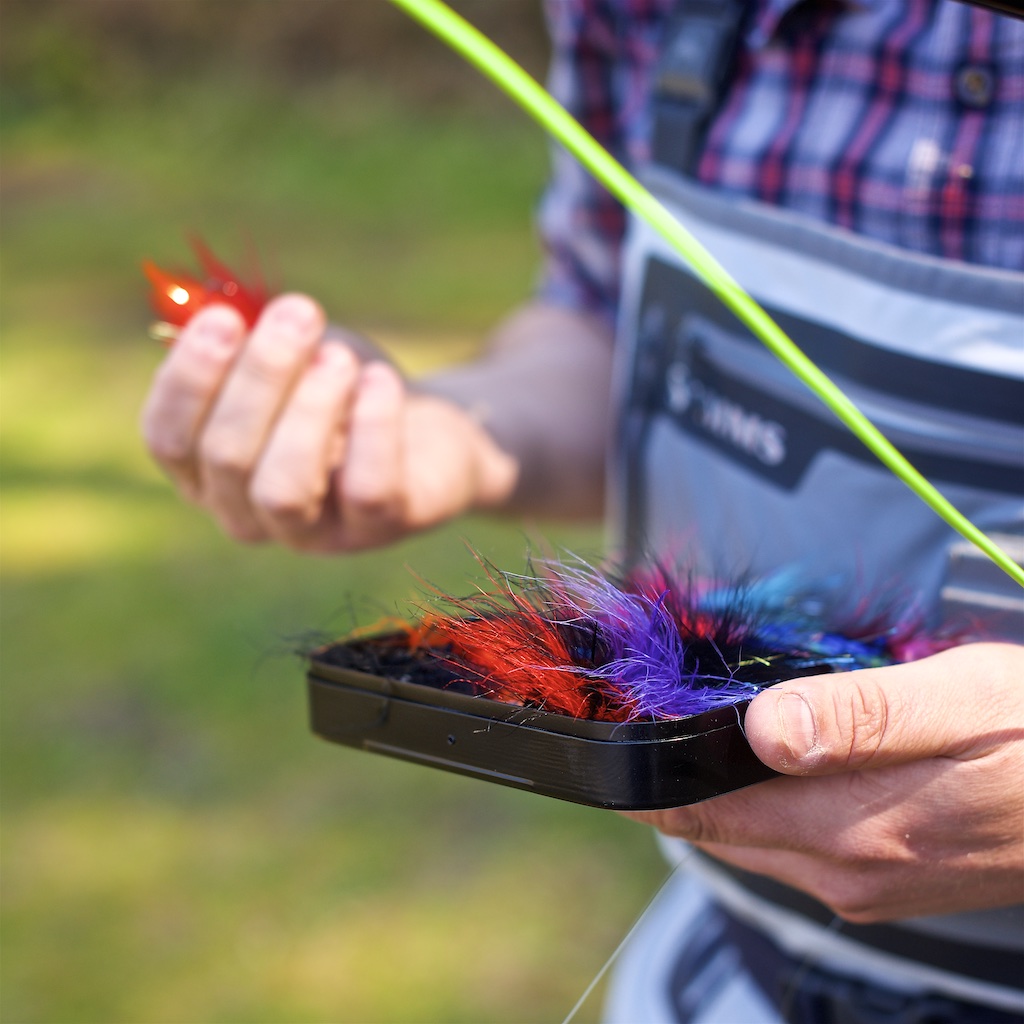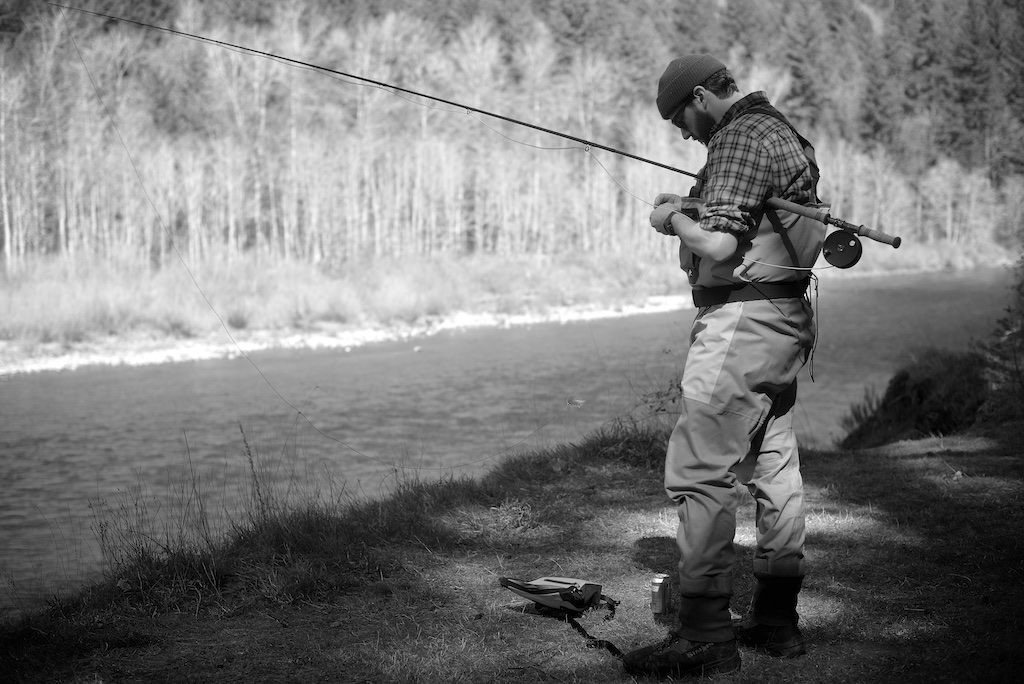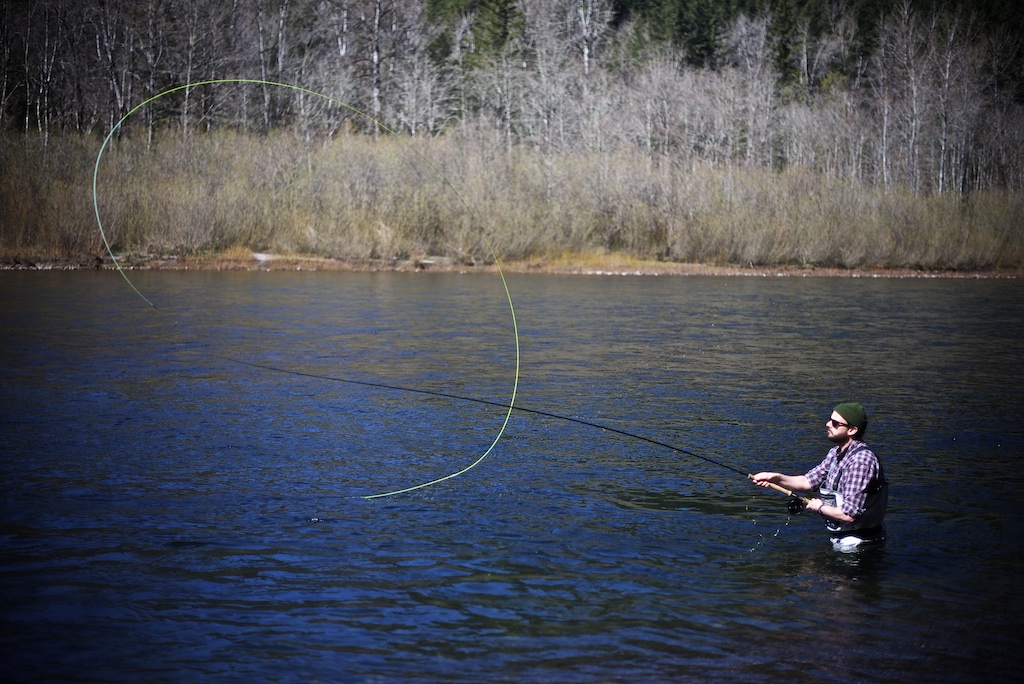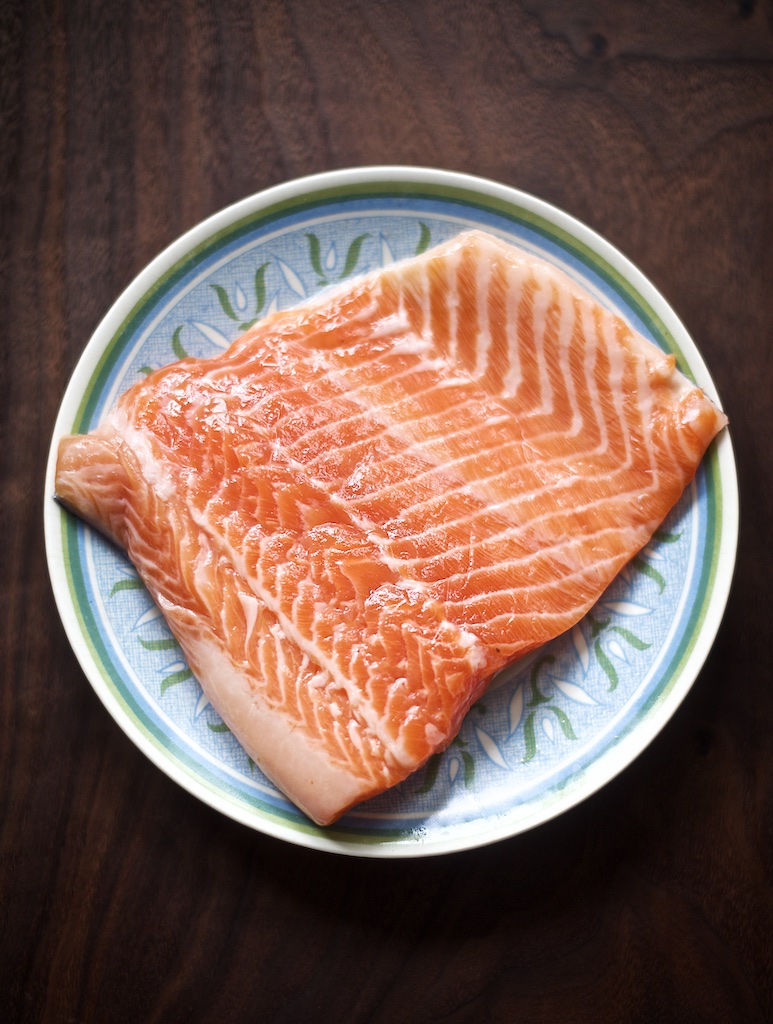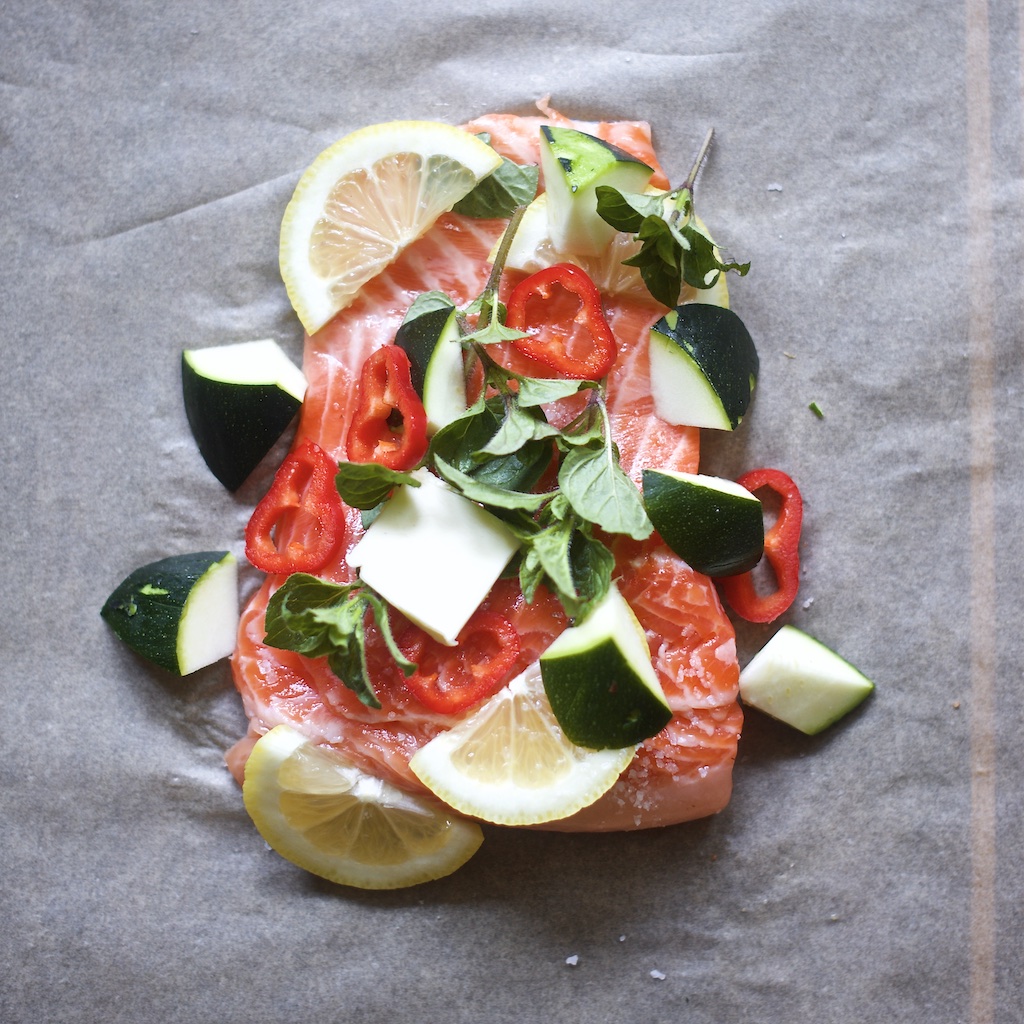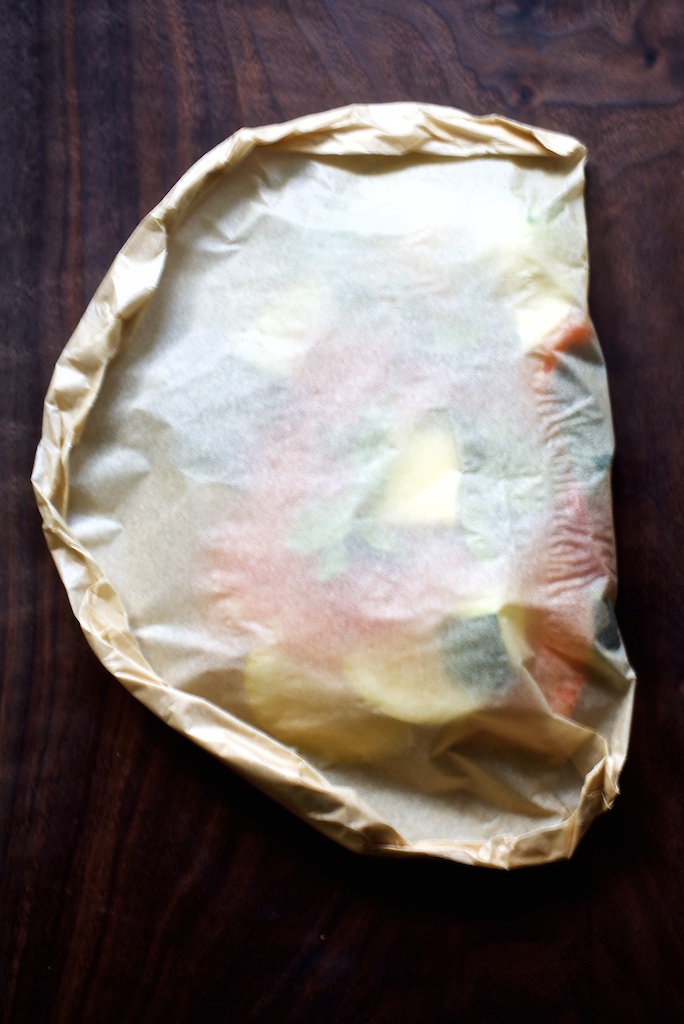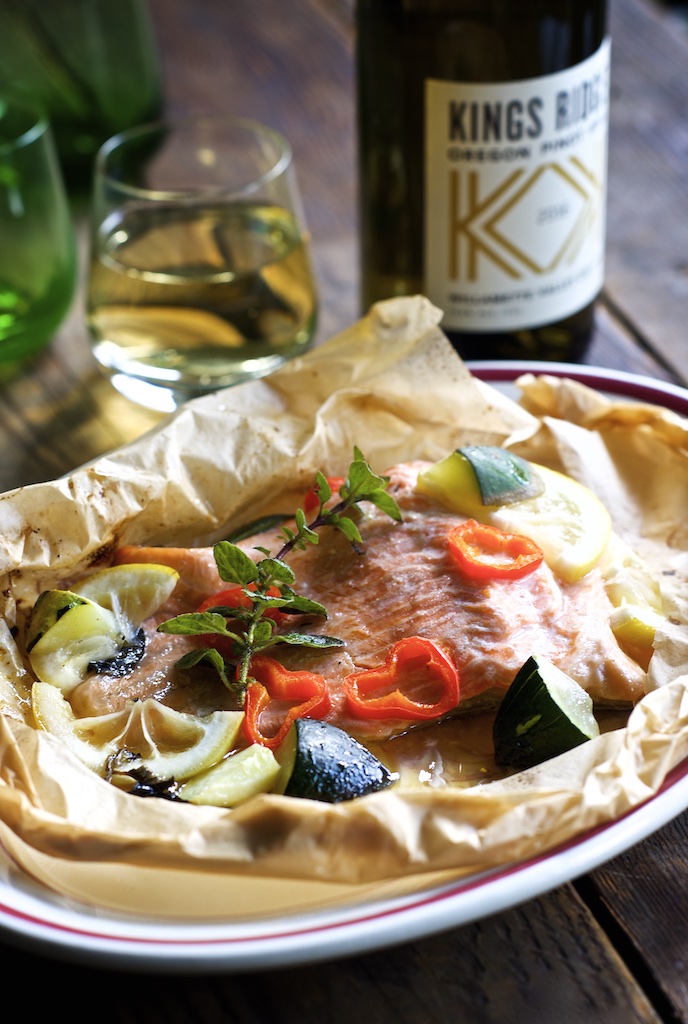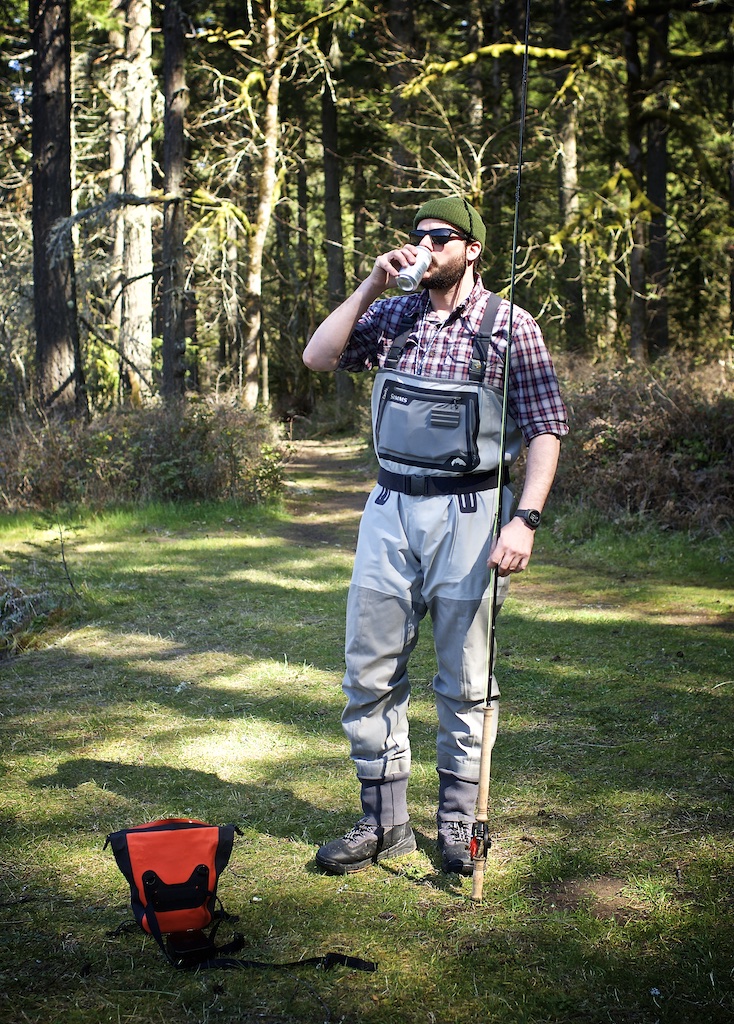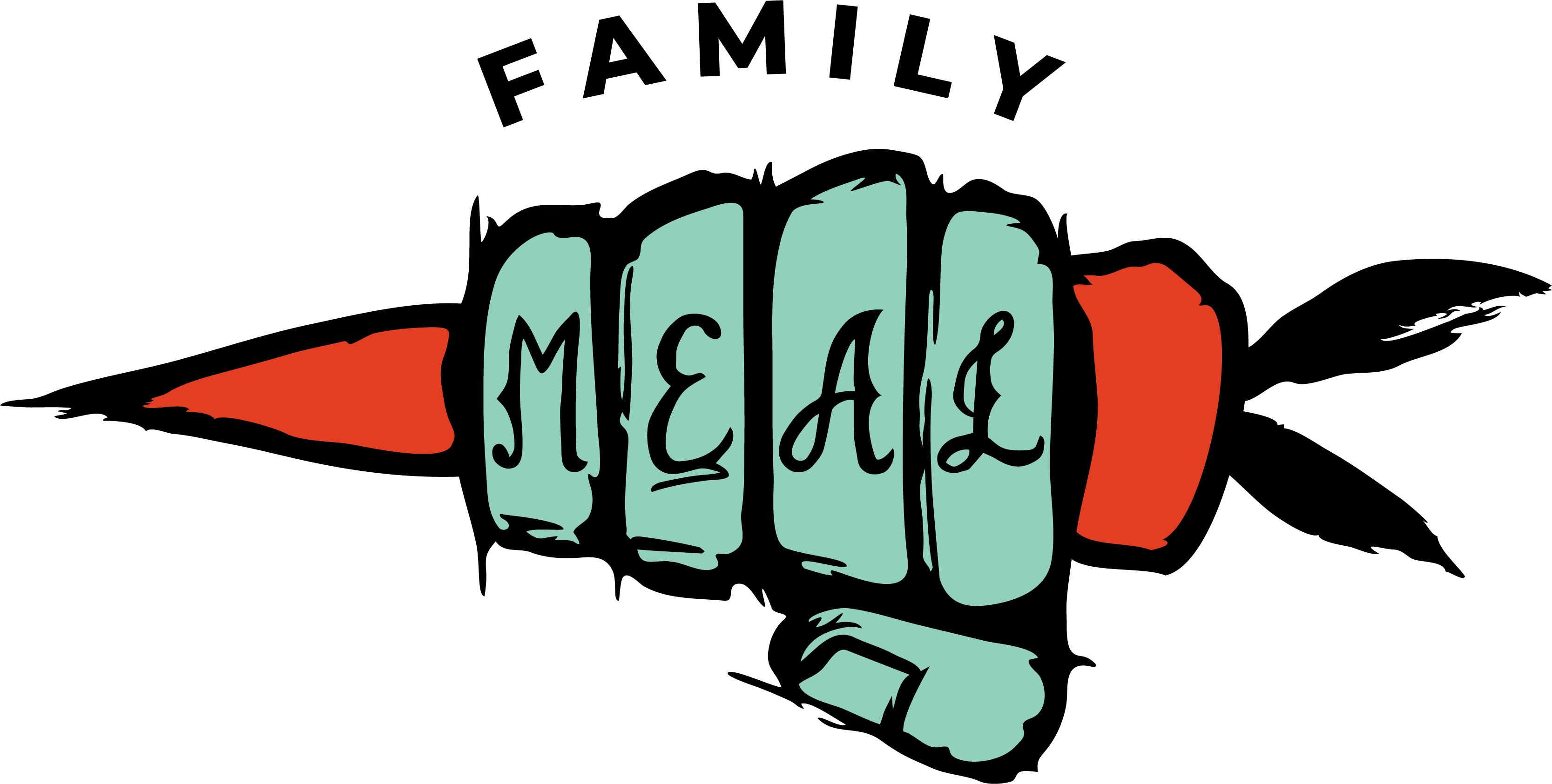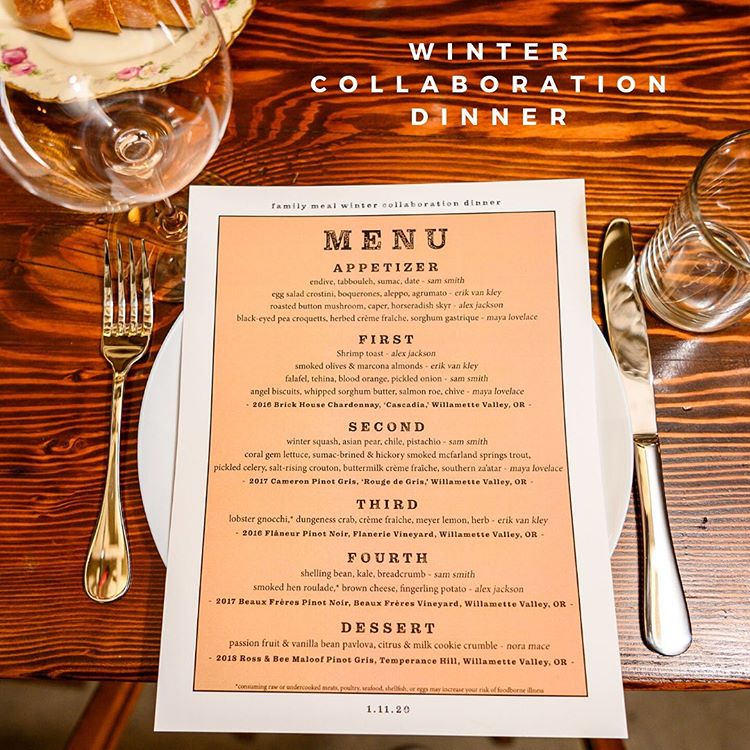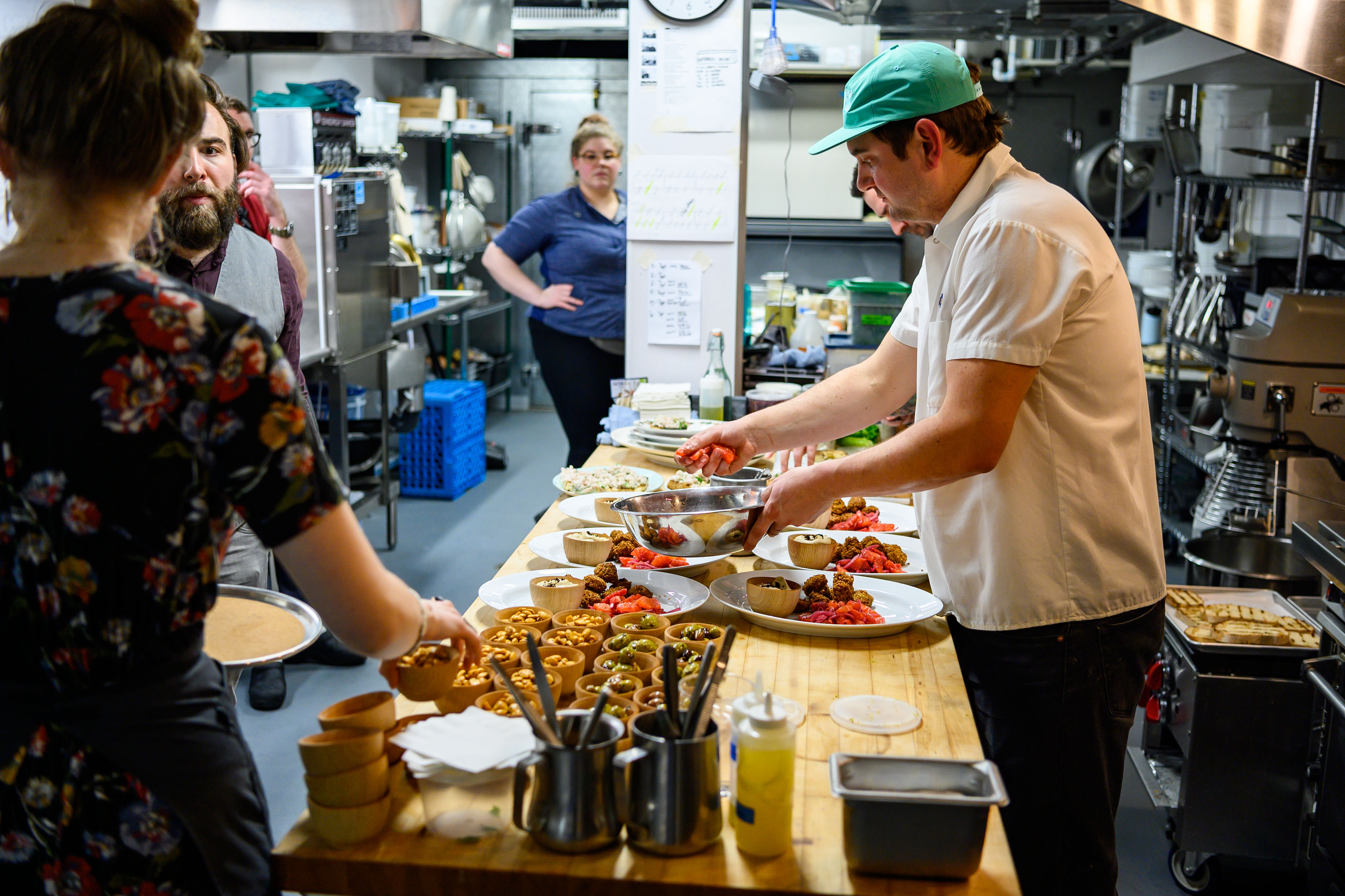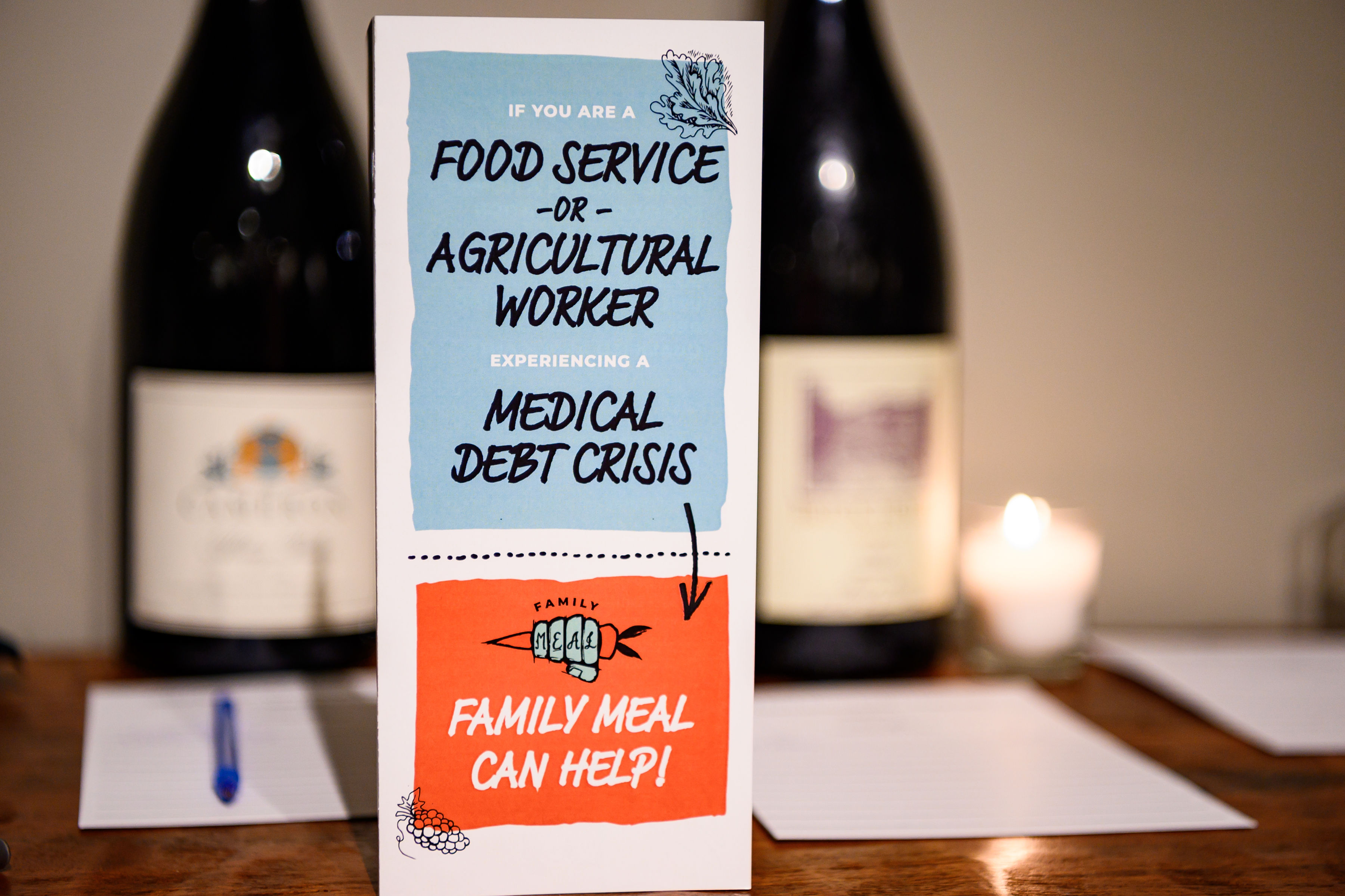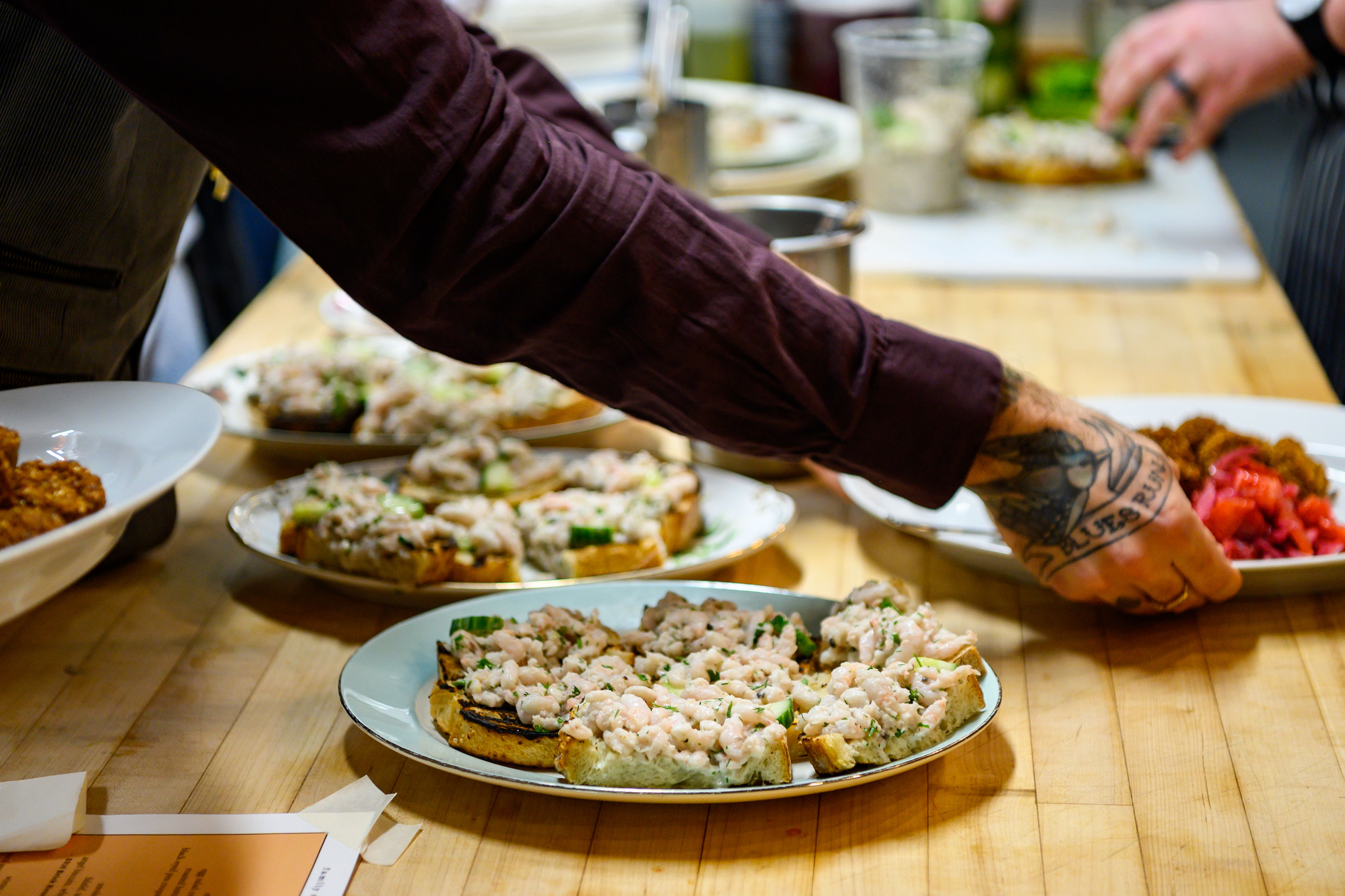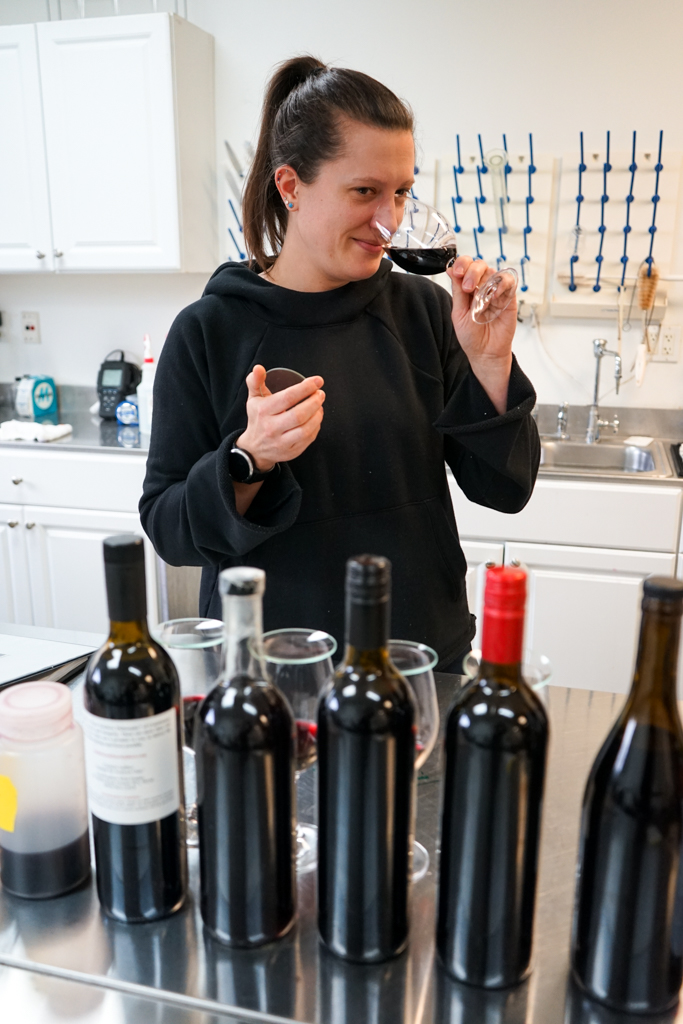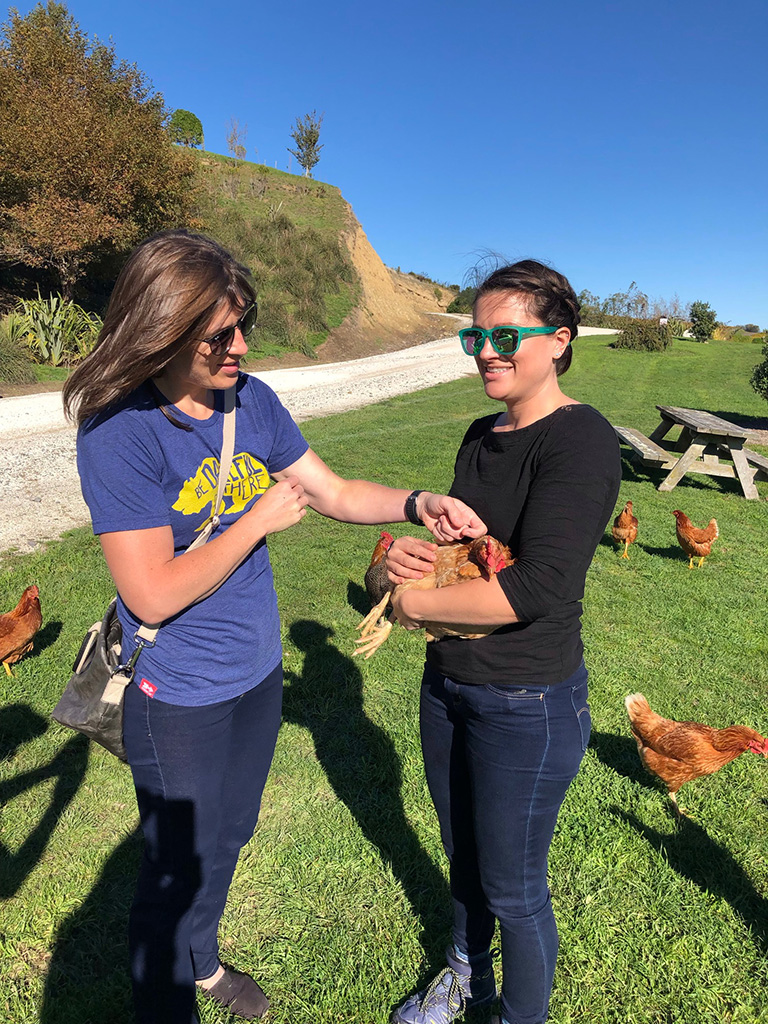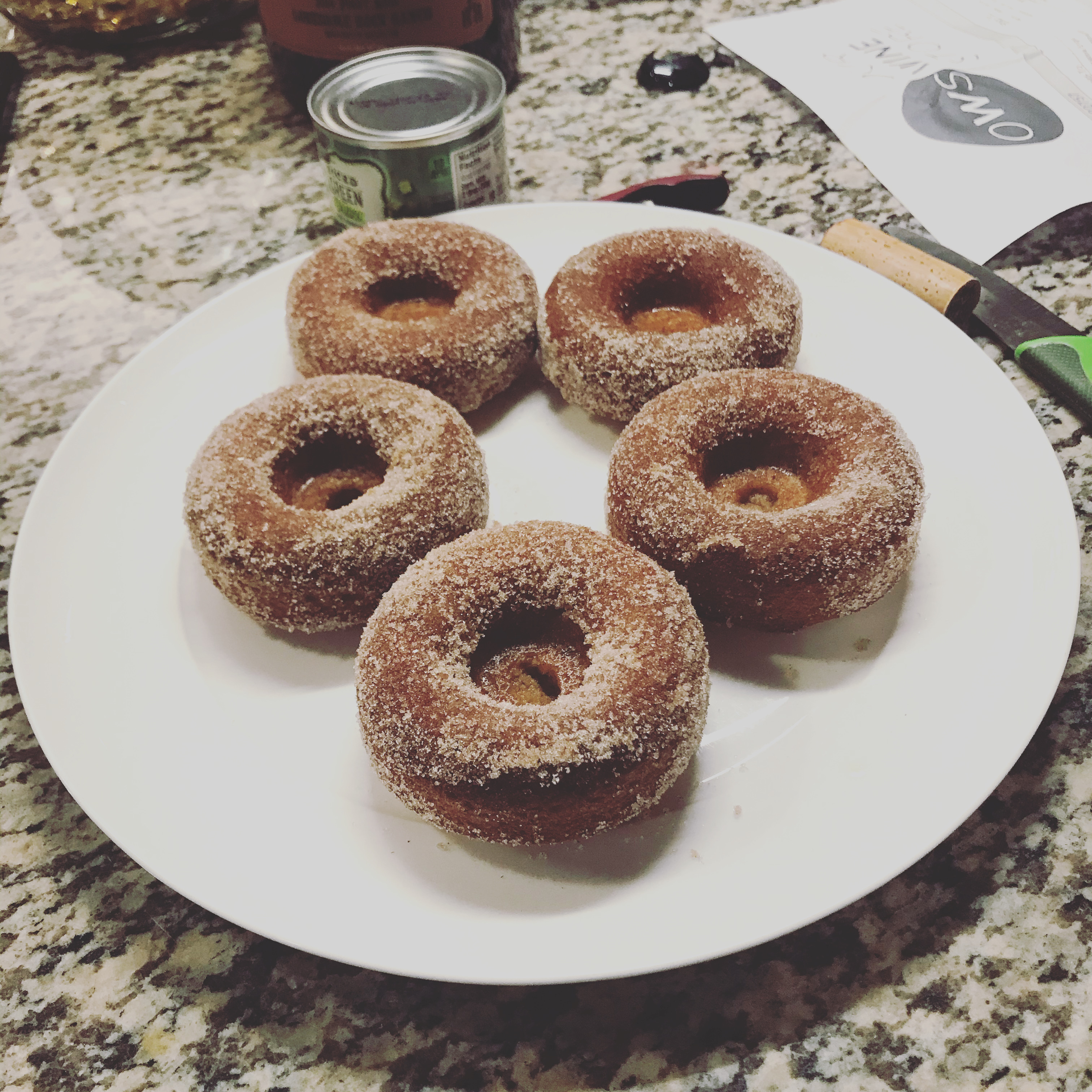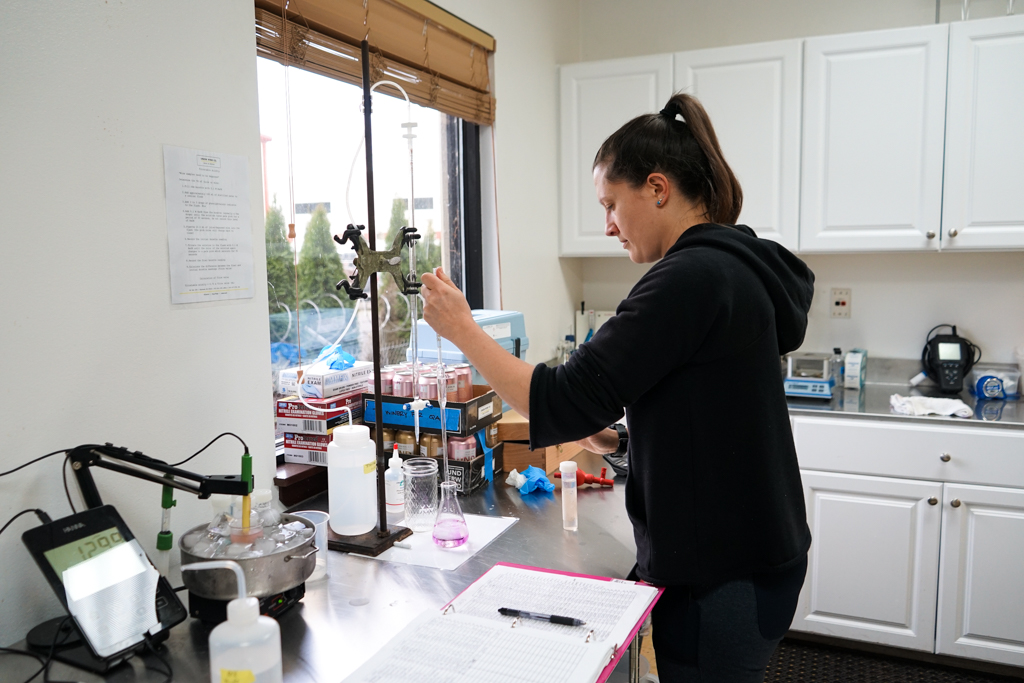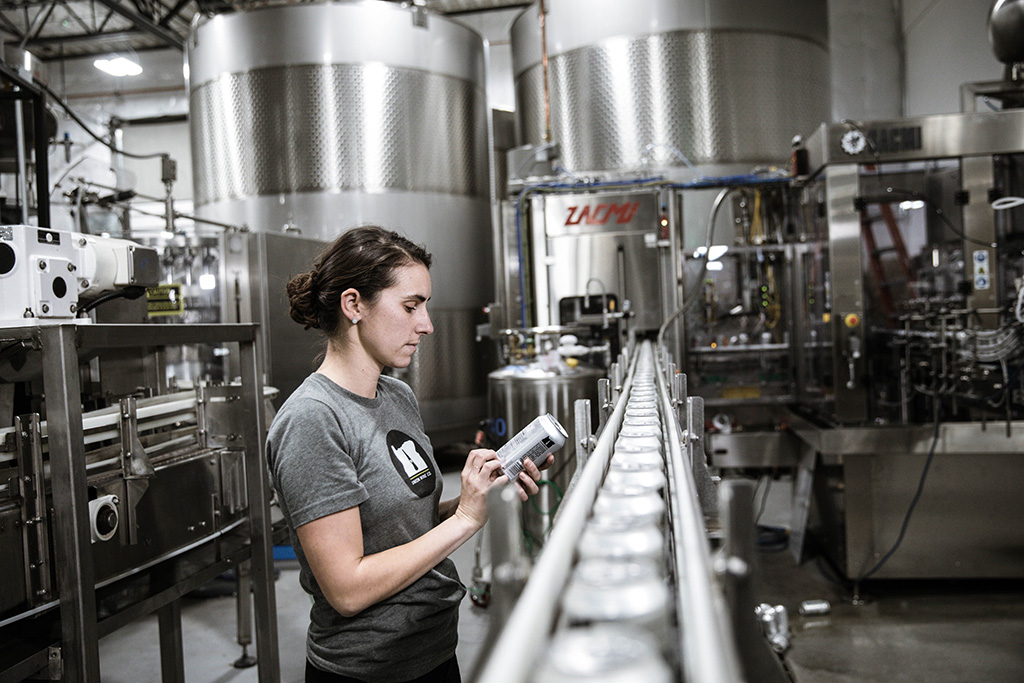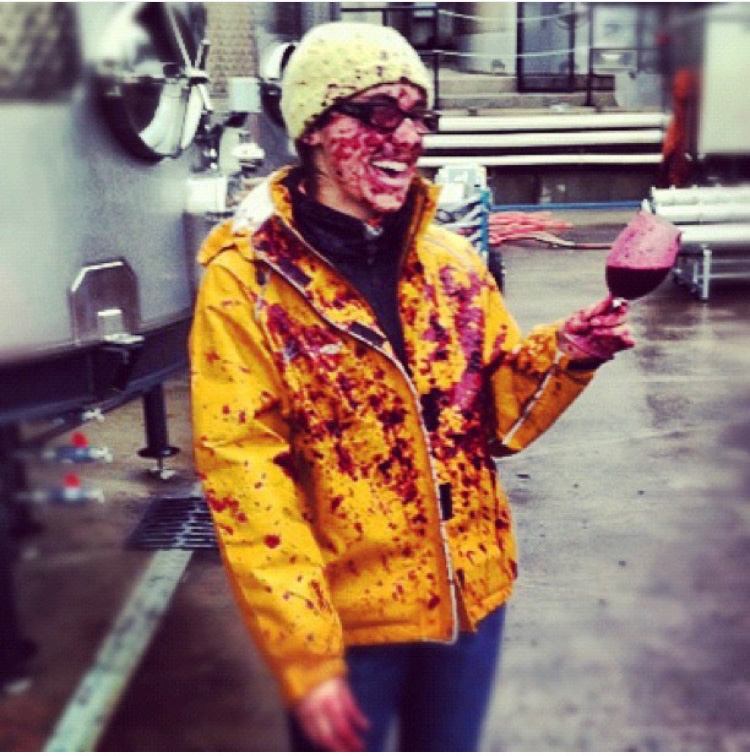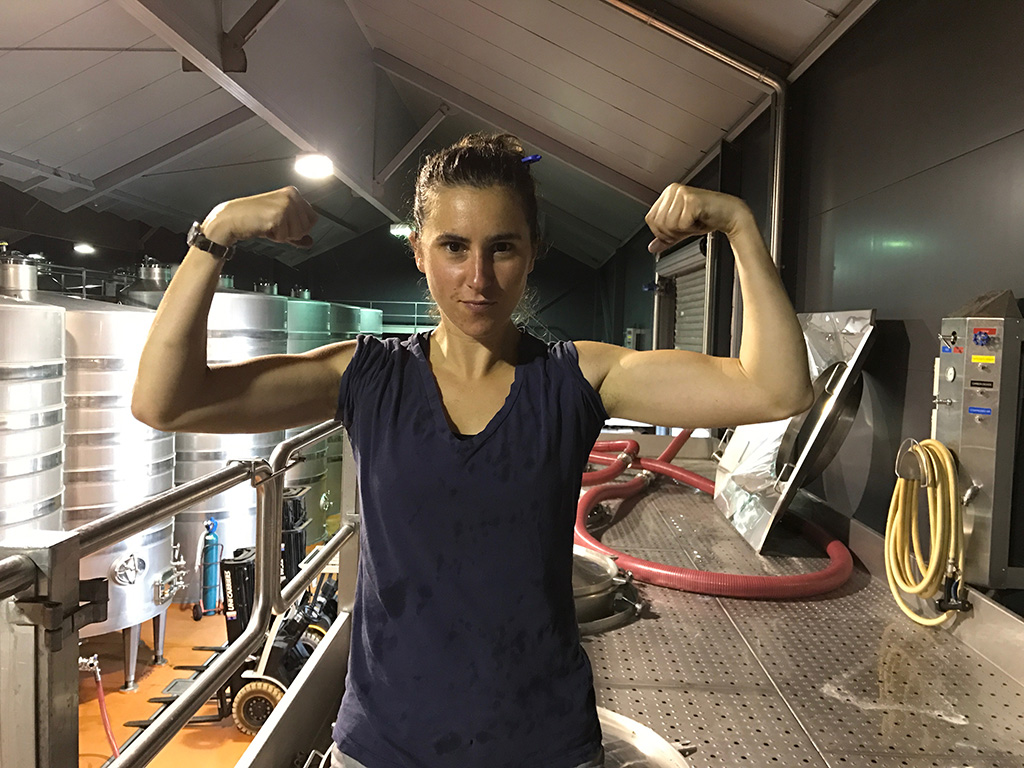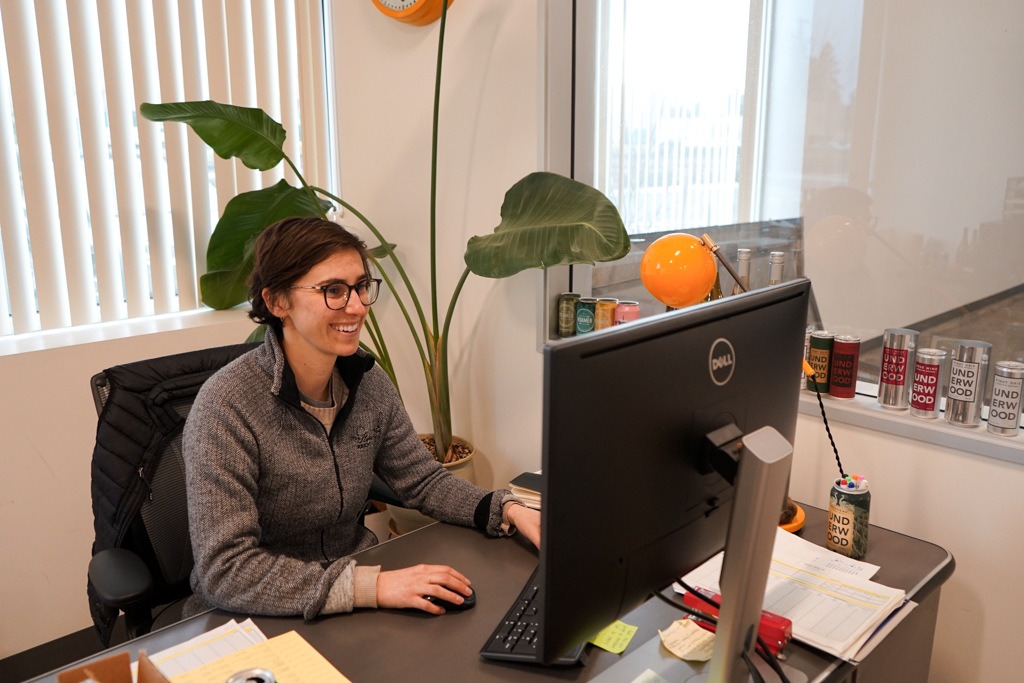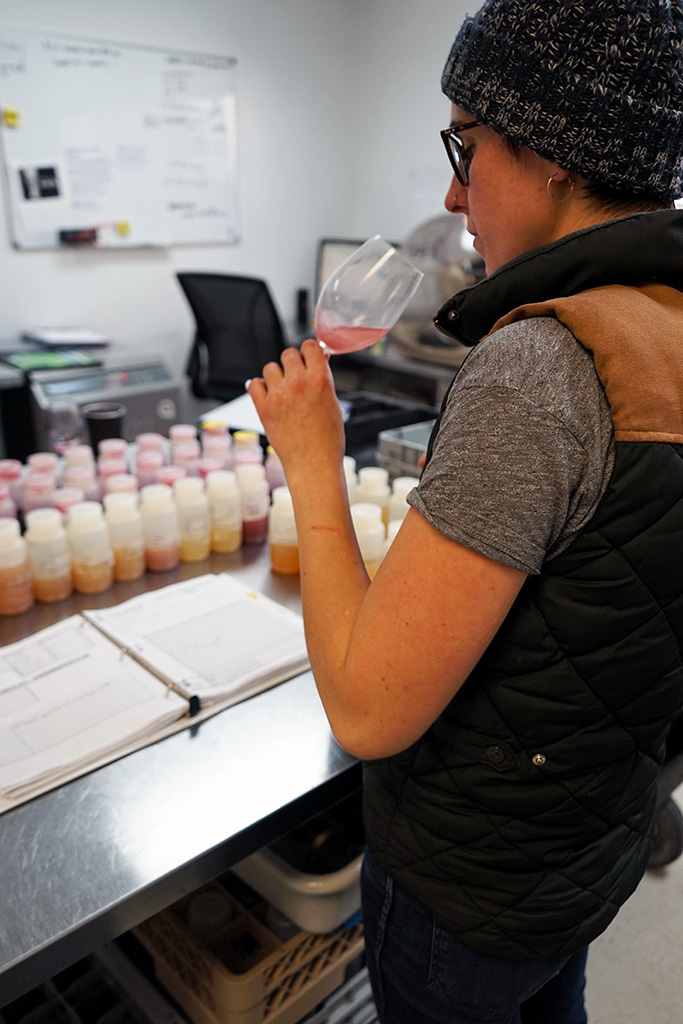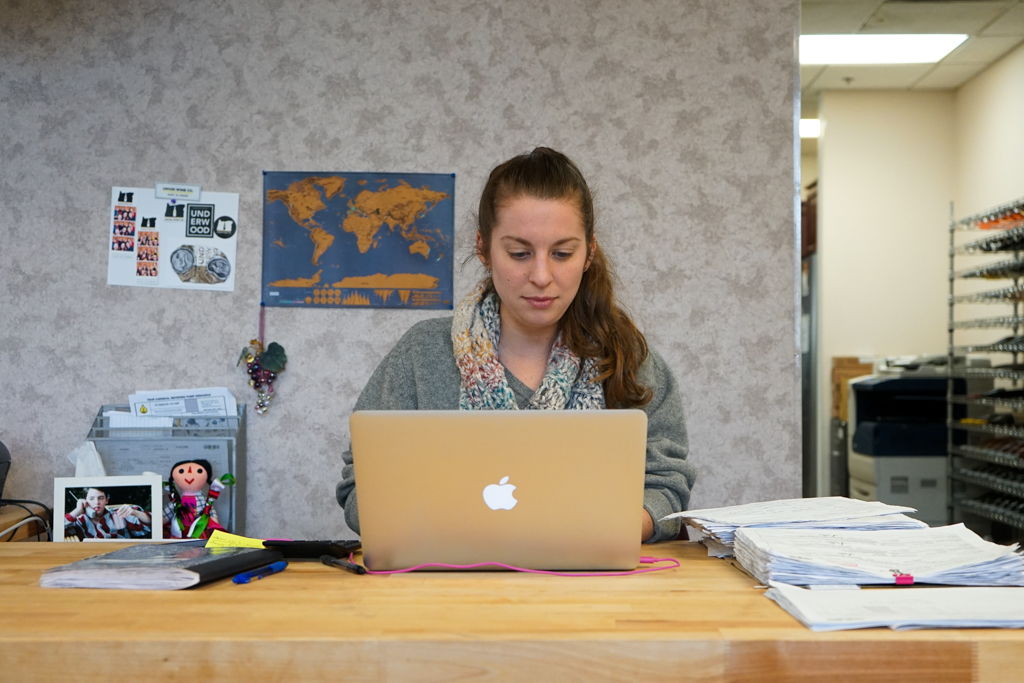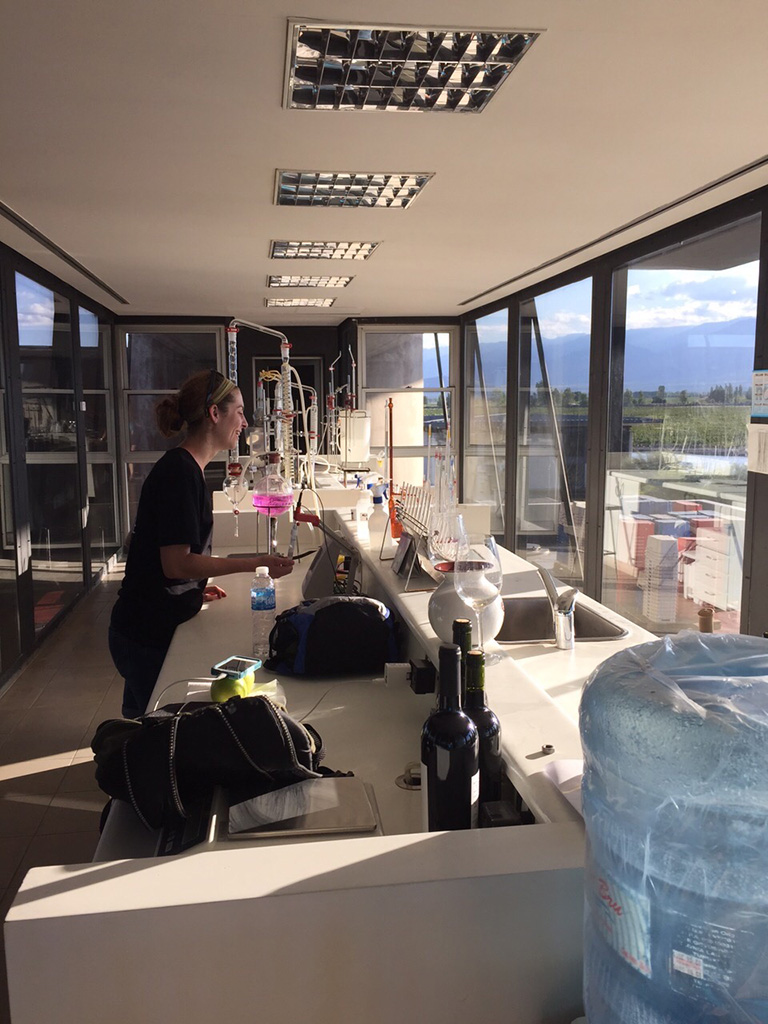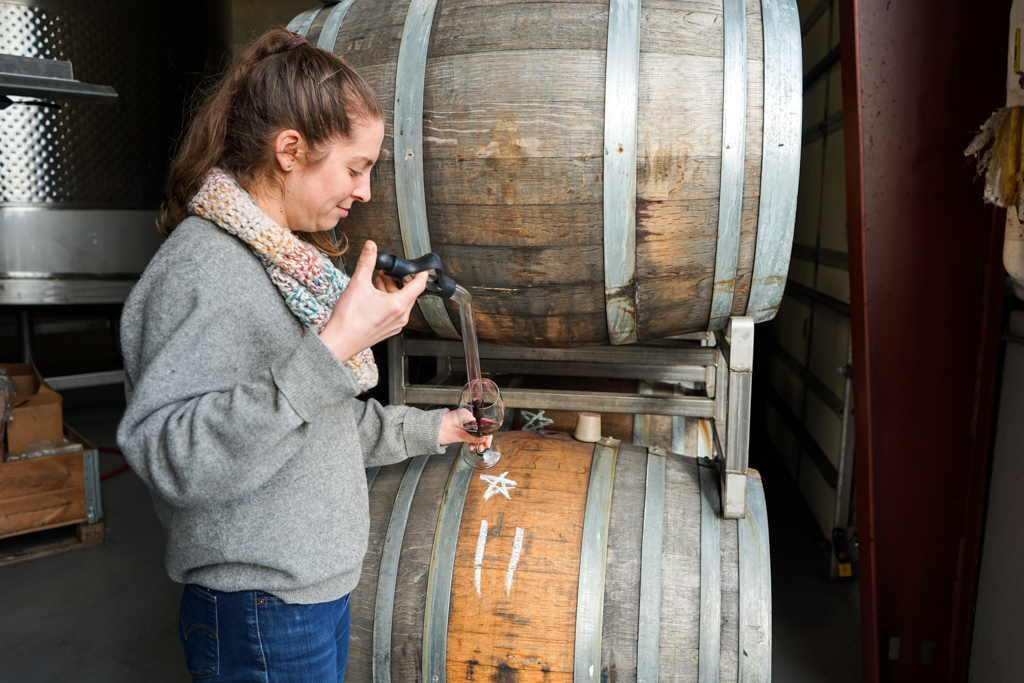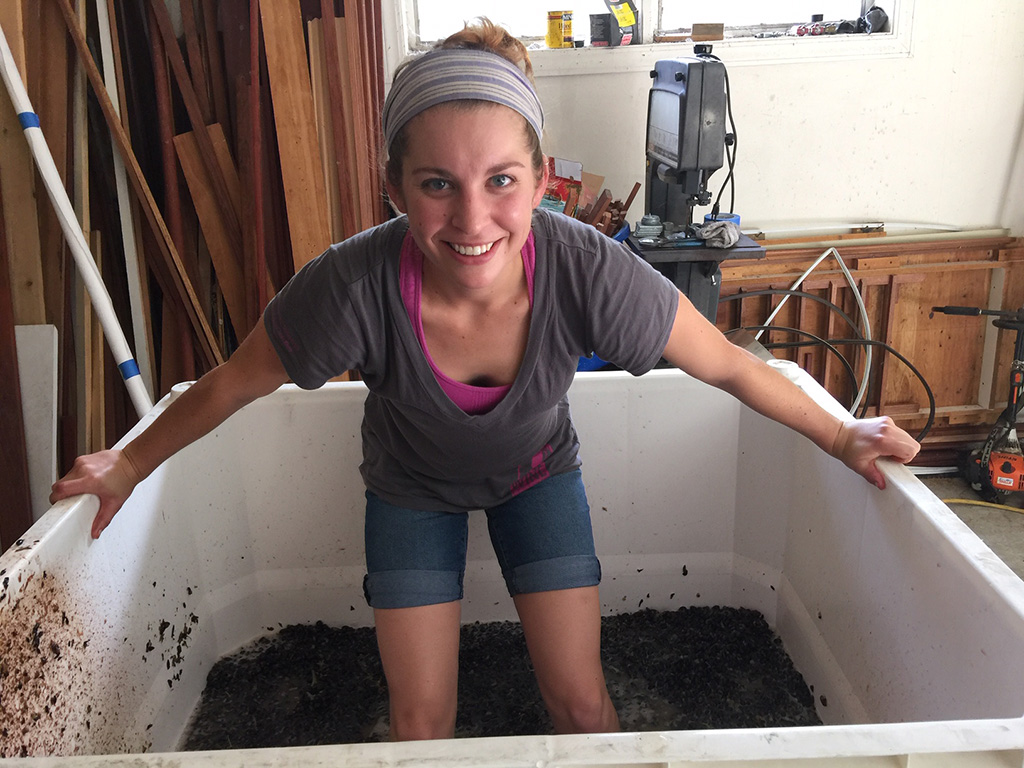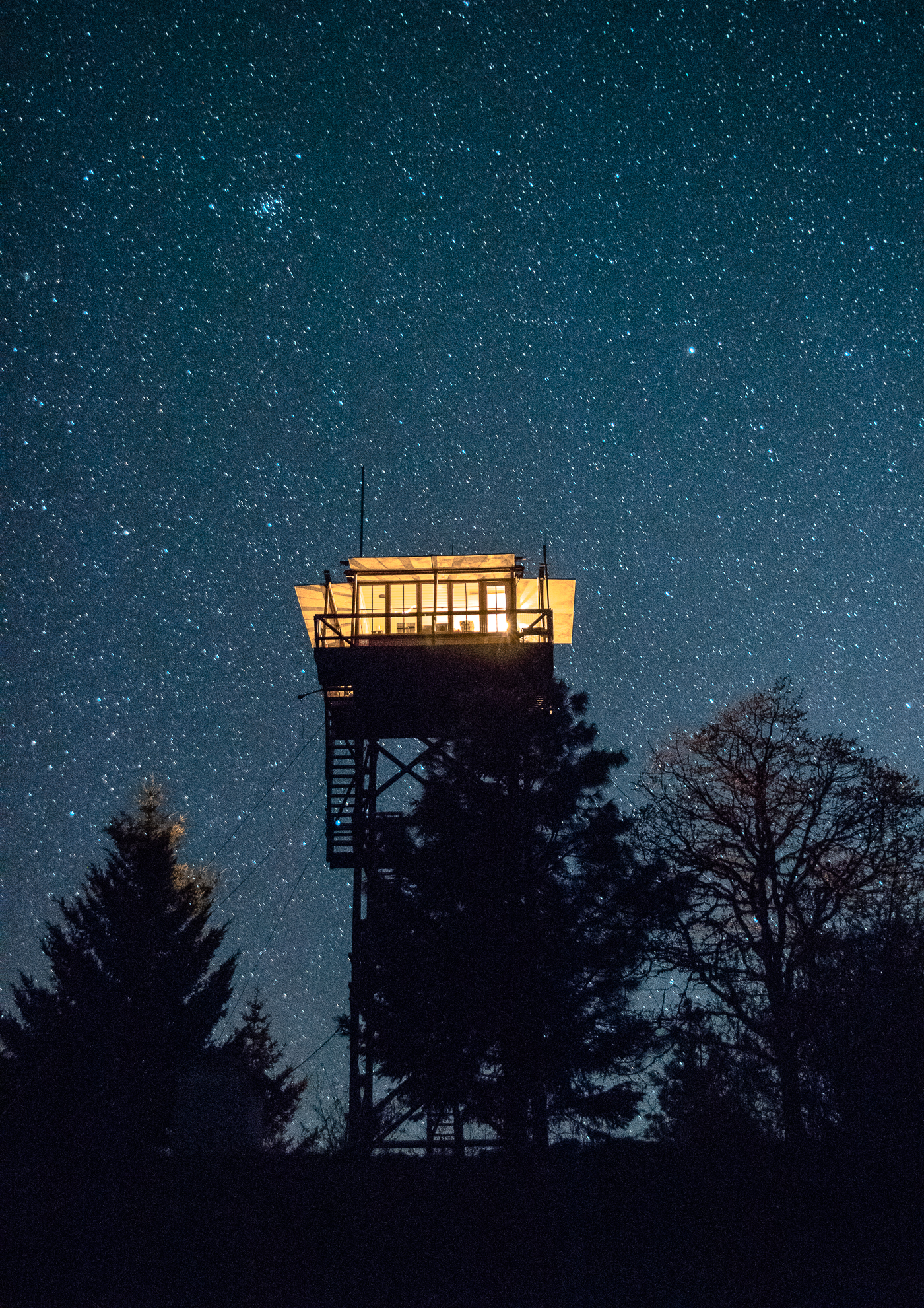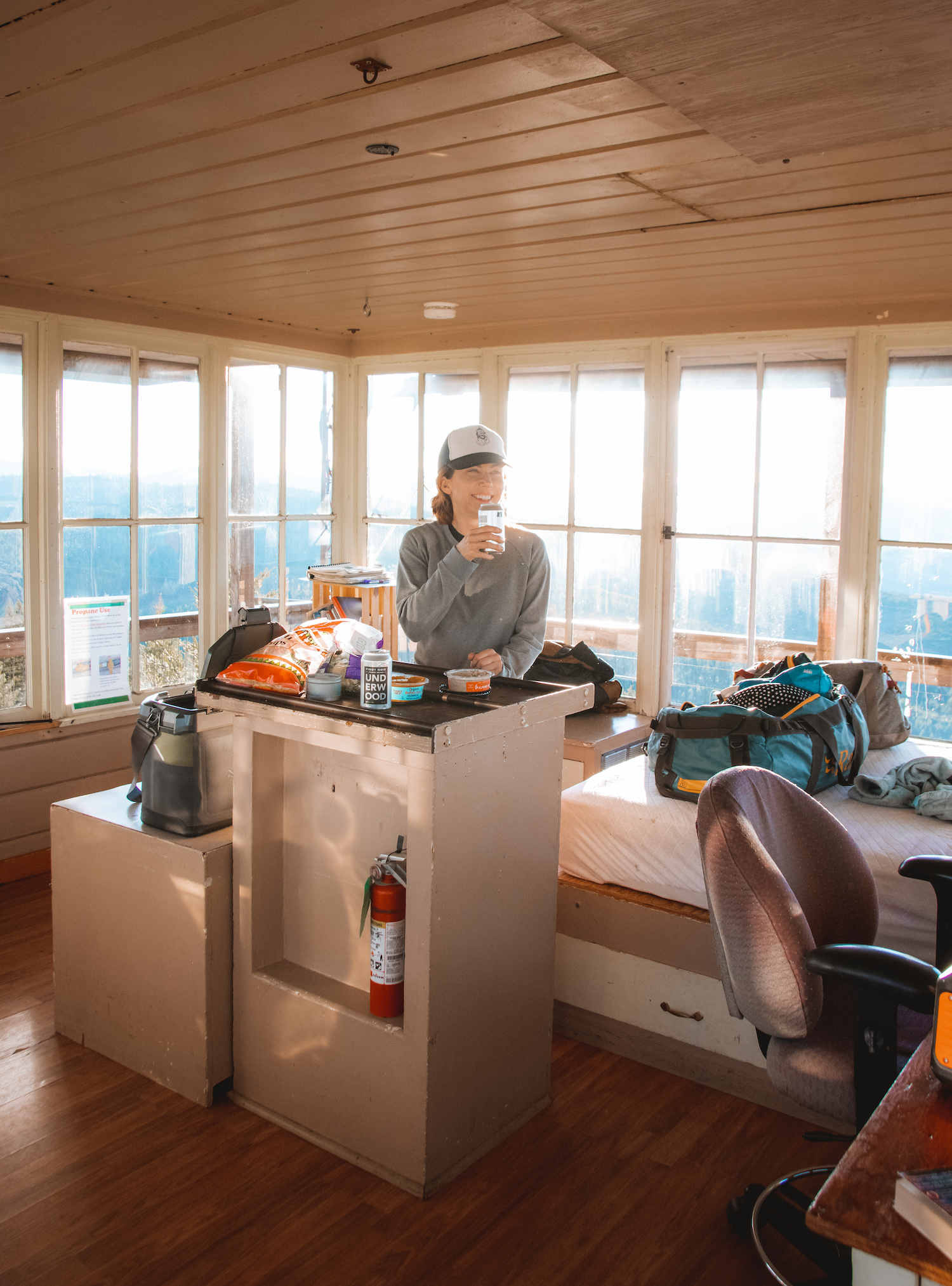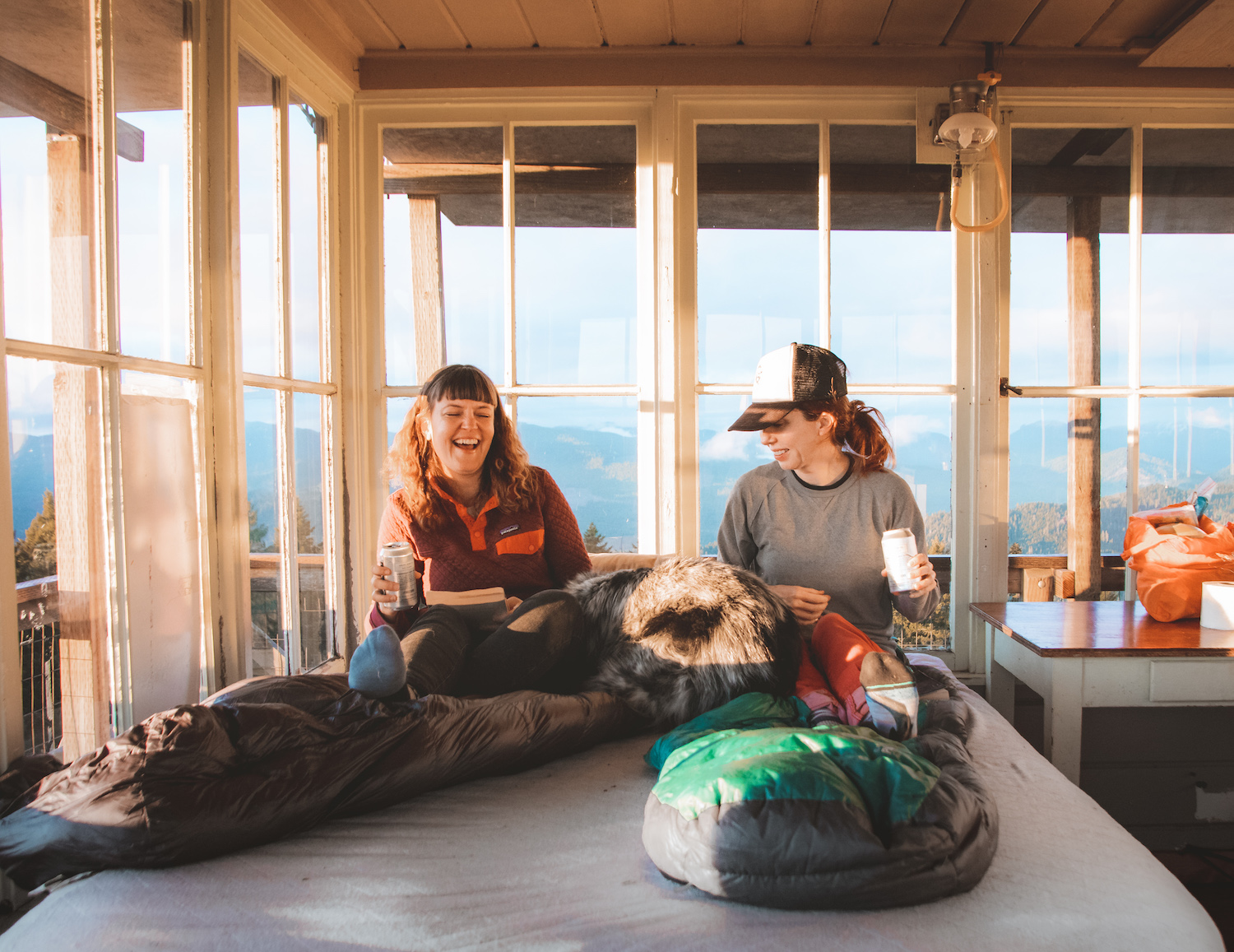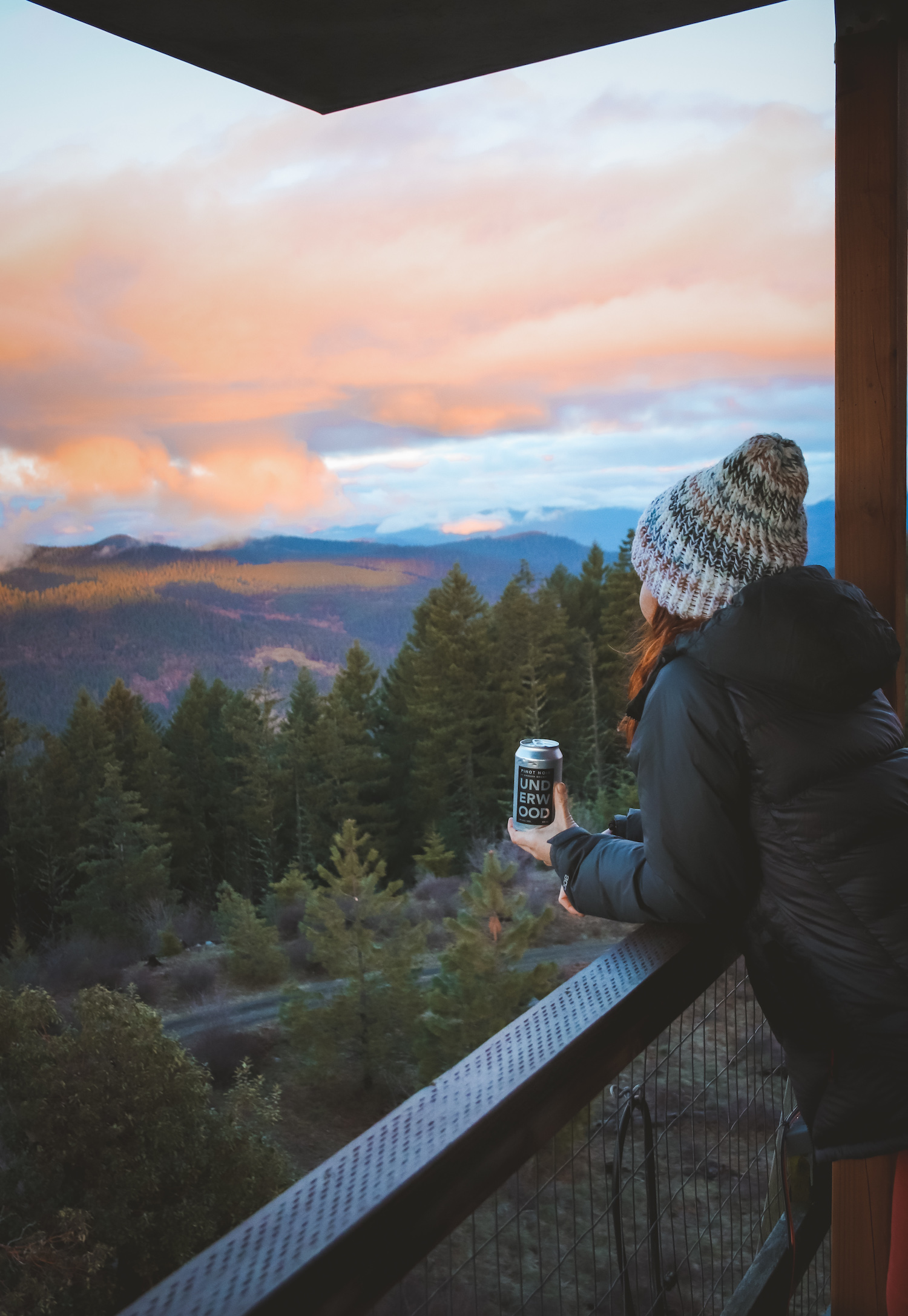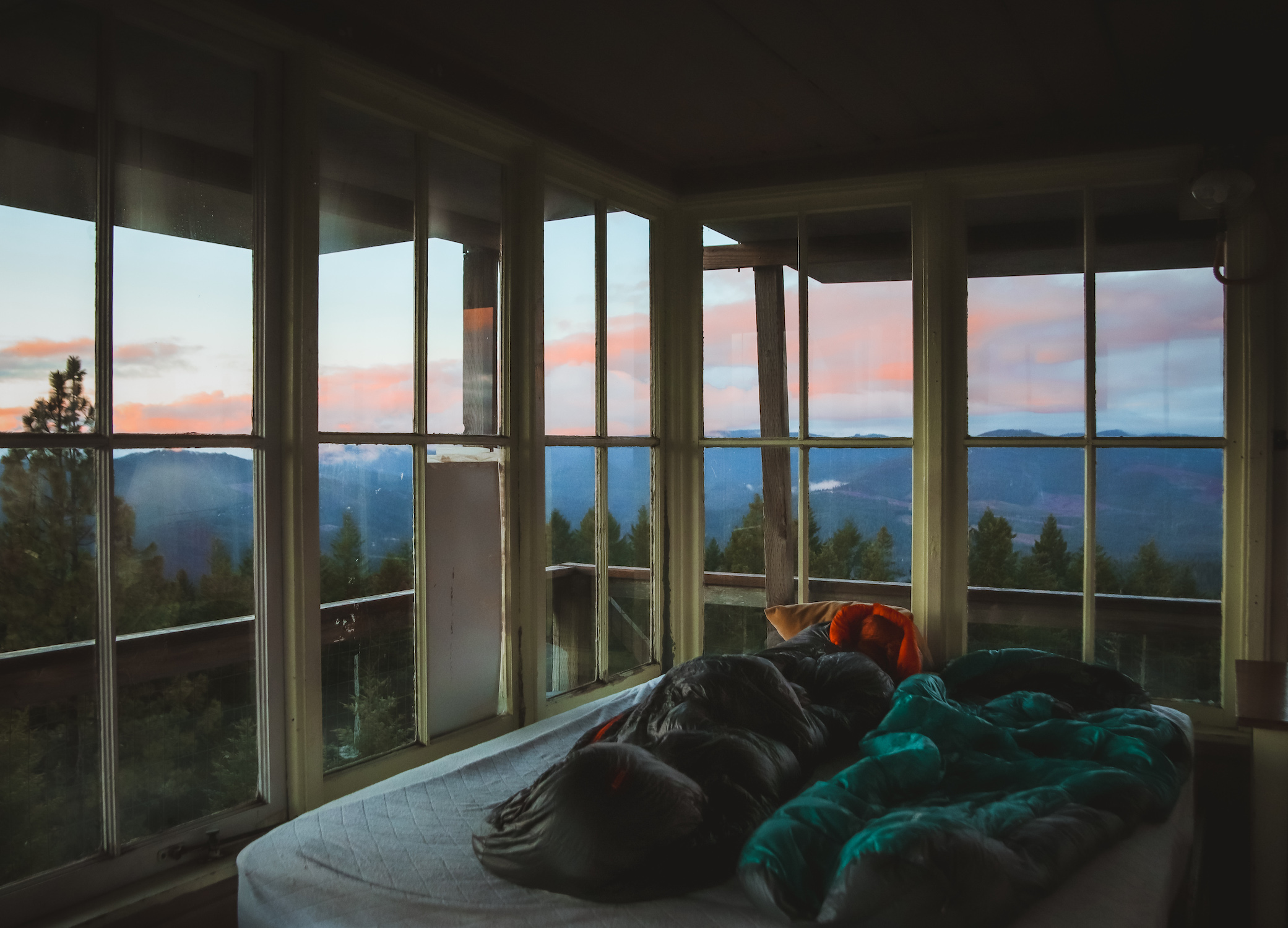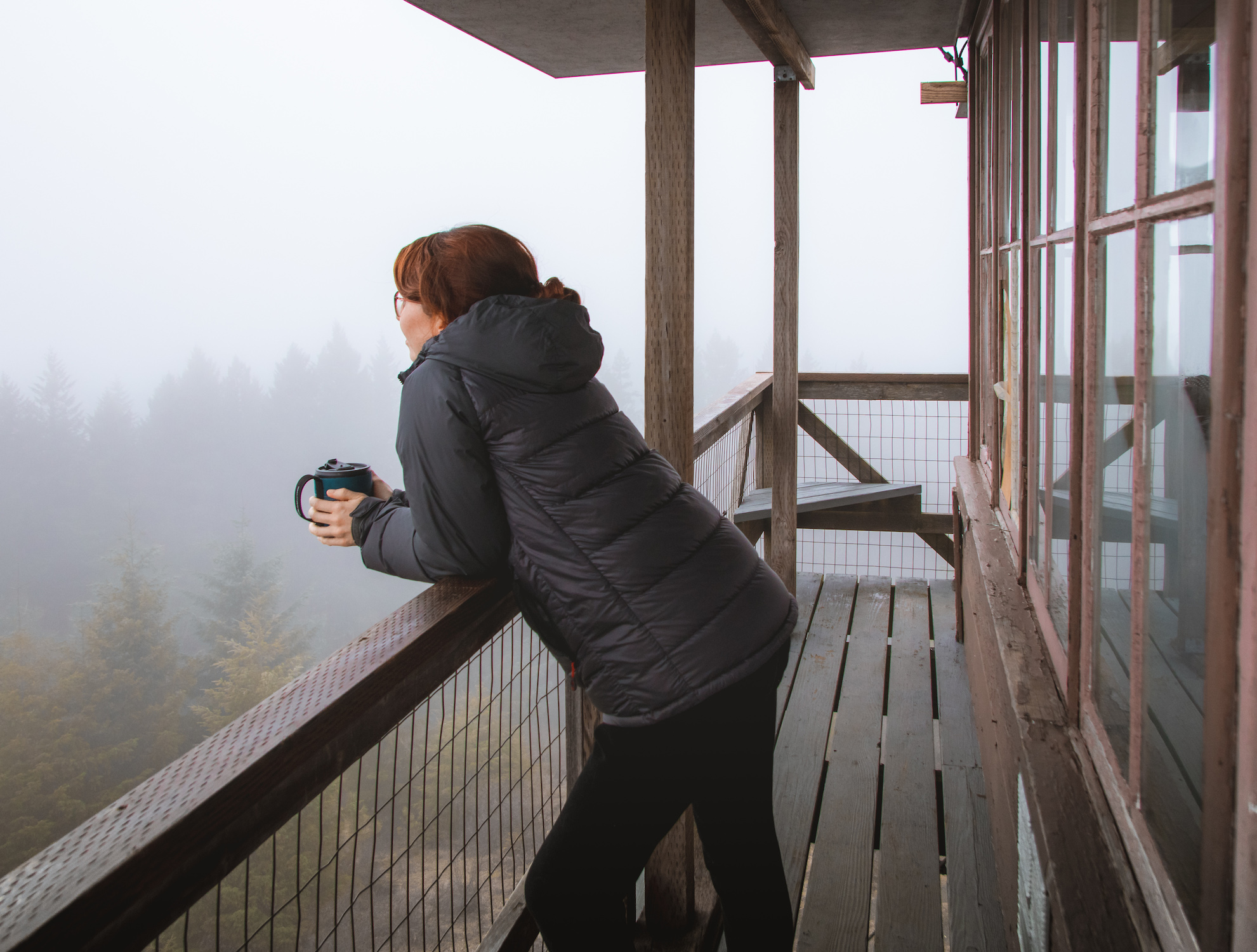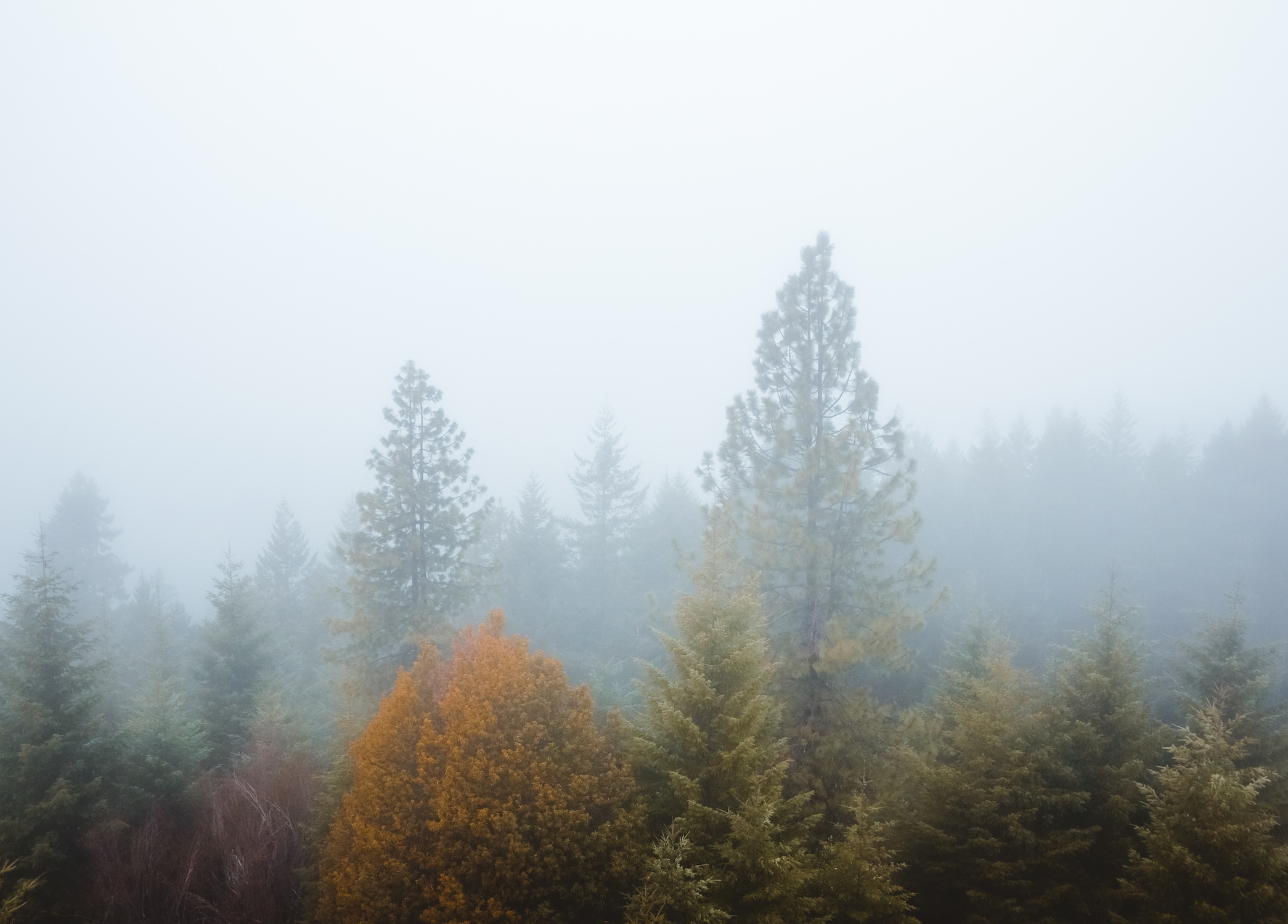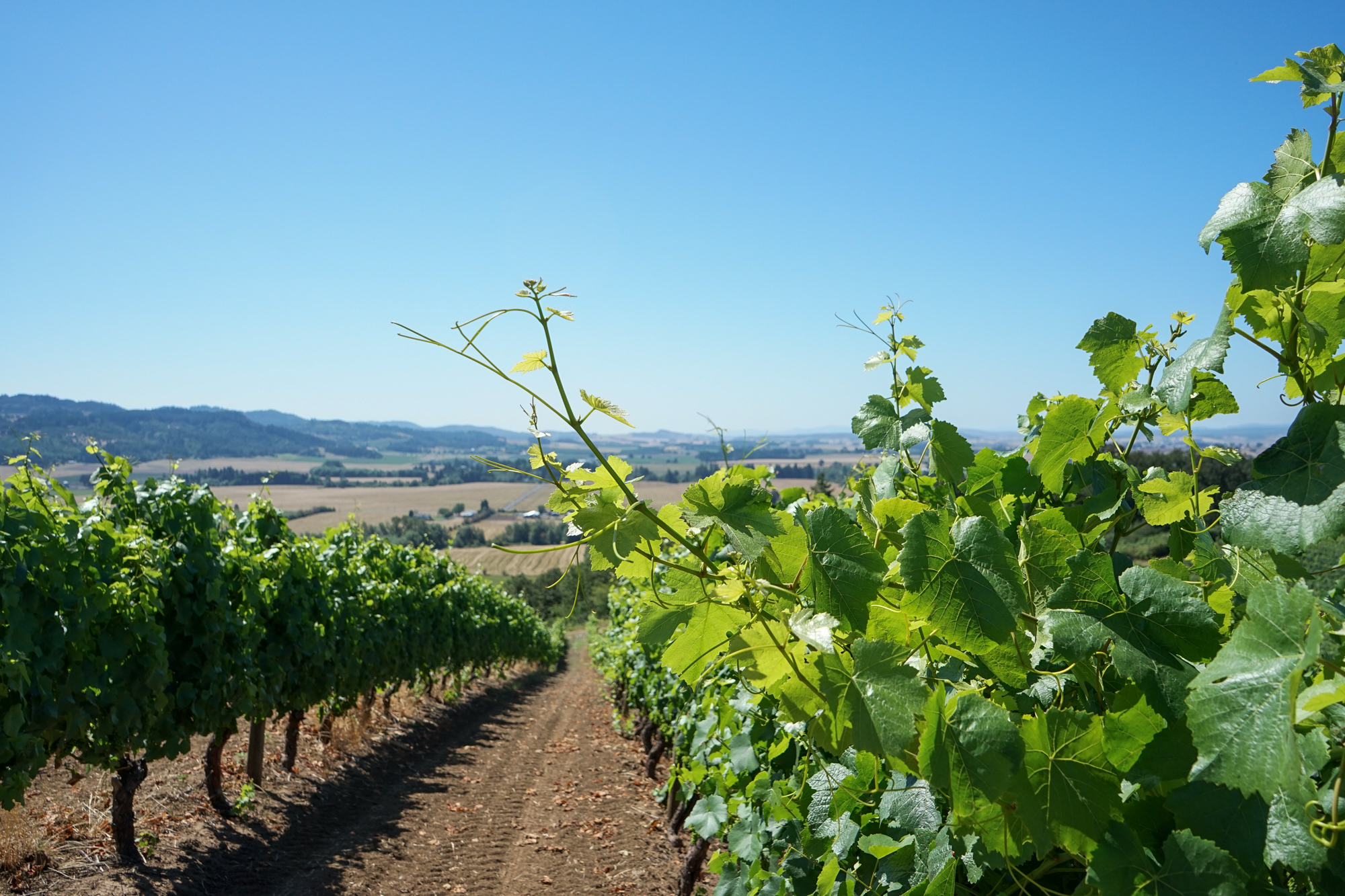
Today is April 22, 2020, the 50th anniversary of Earth Day, and the earth is going through some strange times. The air is clearer and cleaner now than it has been in years, the skies and oceans are quieter, and I’m sure all the creatures and plants are enjoying the respite from our typically busy lives. That should all be good news on this momentous Earth Day, and it is, but unfortunately, this has all come at a huge cost to humans. We at Union Wine Company hope that there is an end to social distancing soon and that everyone stays healthy until the public health experts and epidemiologists come up with a solution that allows us to go back to “normal.” However, we also hope that we—the collective we—come out of this smarter and more aware and in tune with the choices we make and how they affect Mother Earth. We have an awesome opportunity to make some changes and scale back some of our typically polluting ways.
During this time of remote work and fewer activities we may also have gotten into some better eating habits, and maybe are even growing more of our own food, or looking to local farmers markets for fresh, organic produce. Another great thing to do is to join a local CSA (Community Supported Agriculture.) CSA’s are a fantastic way to buy local, seasonal food directly from a farmer.
As a company, we have always tried to be responsible in our winemaking and grape growing. We are LIVE Certified Sustainable at our winery and at Amity Vineyards. Dry farming has always been in practice at Amity, and we have a history of working to create a beautiful bio-diversity at the vineyard that benefits all of us.
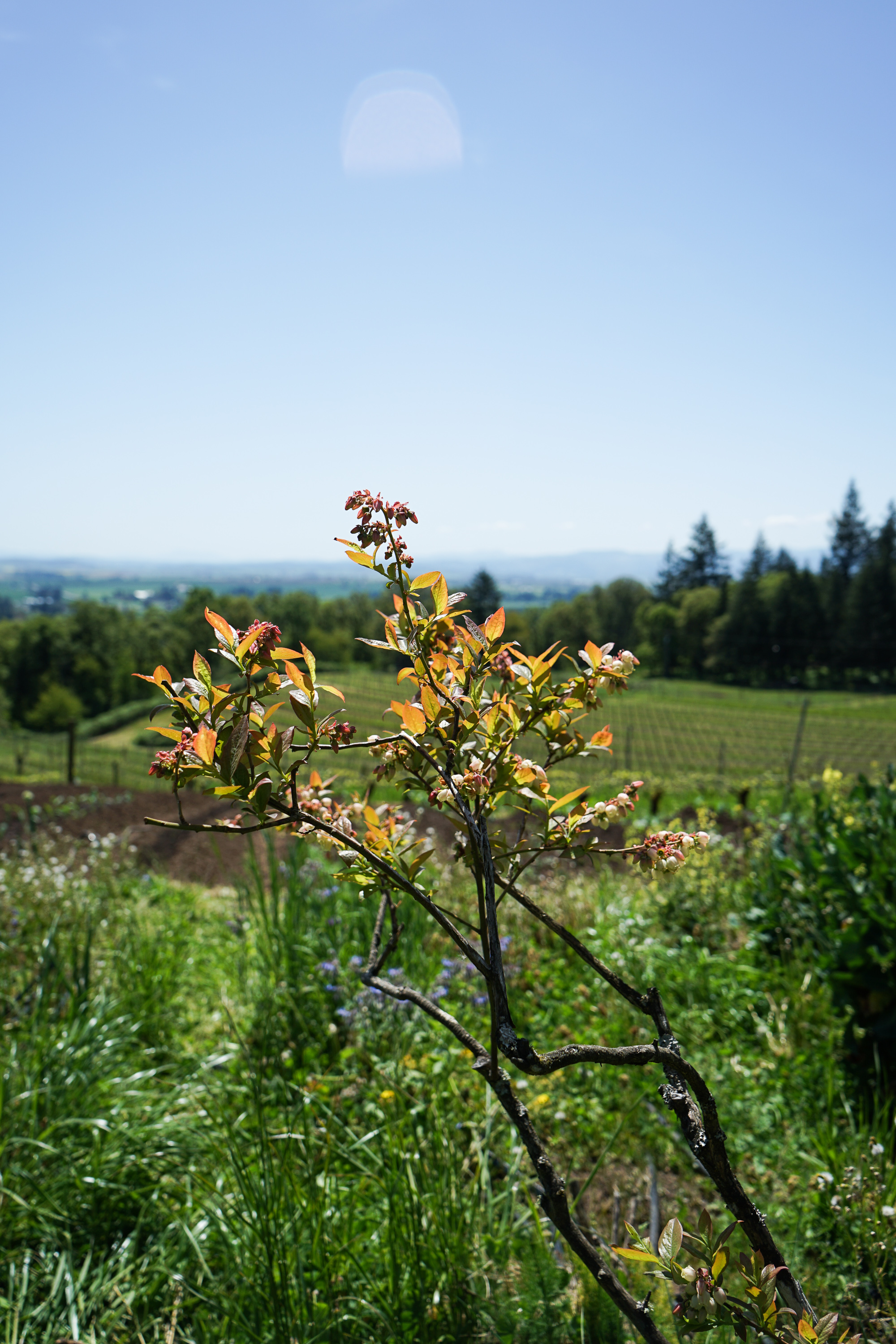
Amity Vineyards was planted nearly 50 years ago with own rooted vines. At that time, and now, there is a passion for not only growing grapes, but also for keeping the natural biodiversity strong by growing flowers, fruit trees, and vegetables. There is a 30-year-old blueberry bush on the property, a giant fig tree, and a huge apple tree. Peonies and lilies have been favorite flowers at Amity from the beginning. And, today at the vineyard we have citrus in the greenhouse and olive trees beginning to grow along the driveway.
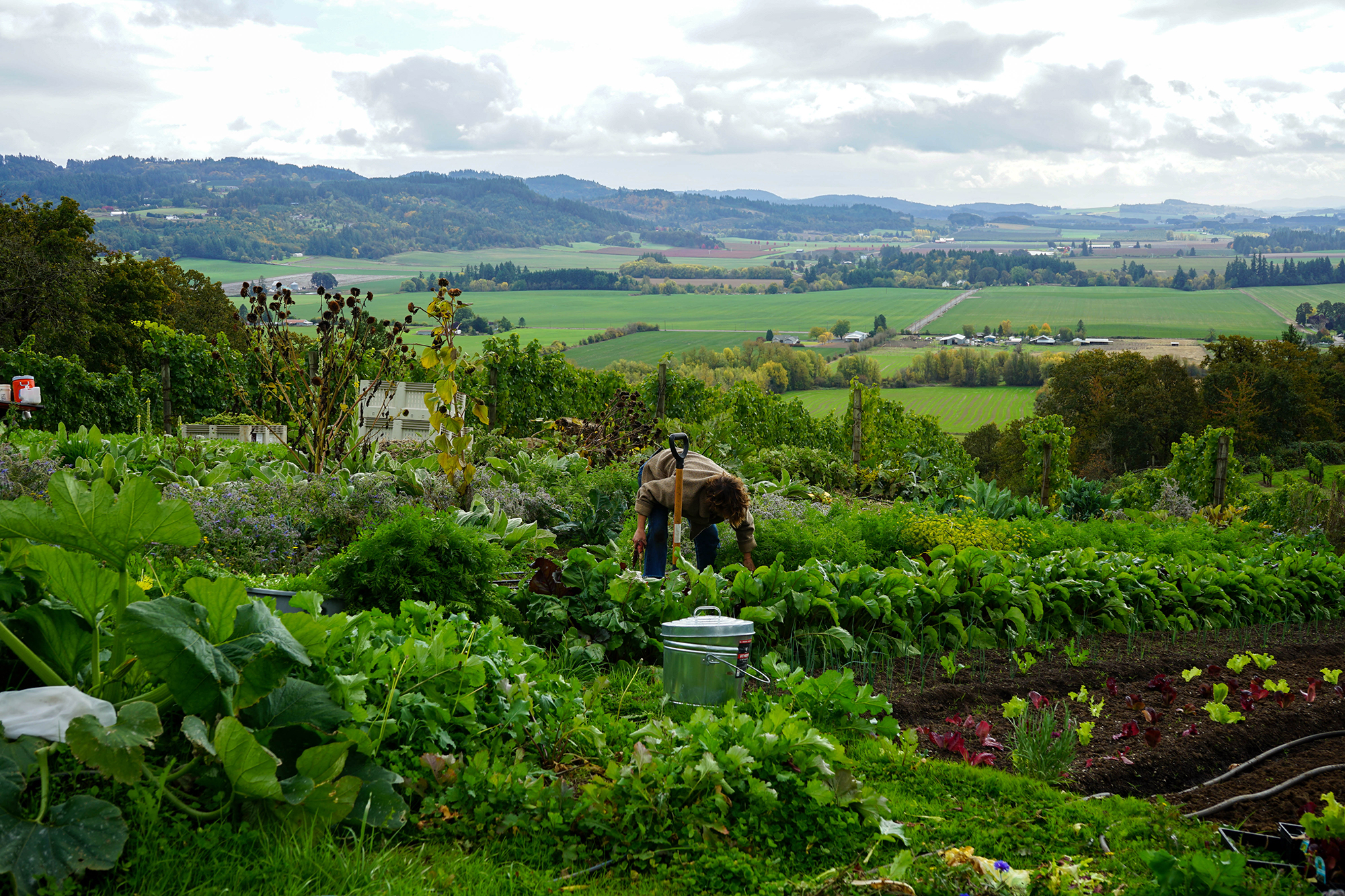
In 2017, to keep up the tradition of cultivating more richness and biodiversity at the vineyard, we brought in a full-time gardener and vegetable farmer extraordinaire, Mandy Caldcleugh. Mandy plants and maintains a beautiful vegetable garden high on the hill of the vineyard. Her efforts sustain the land and bring in beneficial insects and pollinators, creating a diverse ecosystem that keeps disease pressure down and facilitates a more holistic environment. Additionally, Mandy focuses on growing vegetables, flowers and plants that go to our families and friends at the winery and will eventually sustain our hospitality program and tasting room.
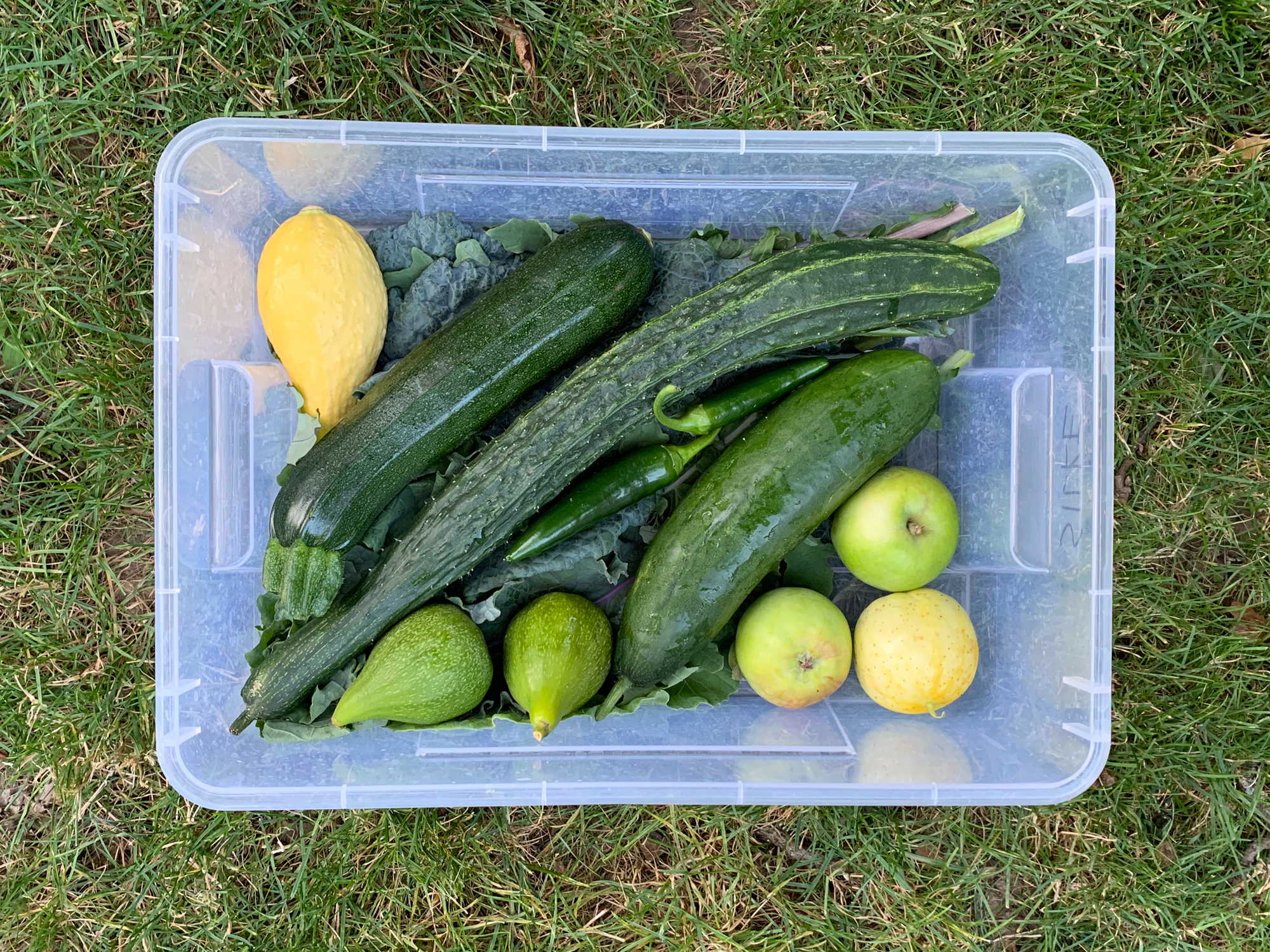
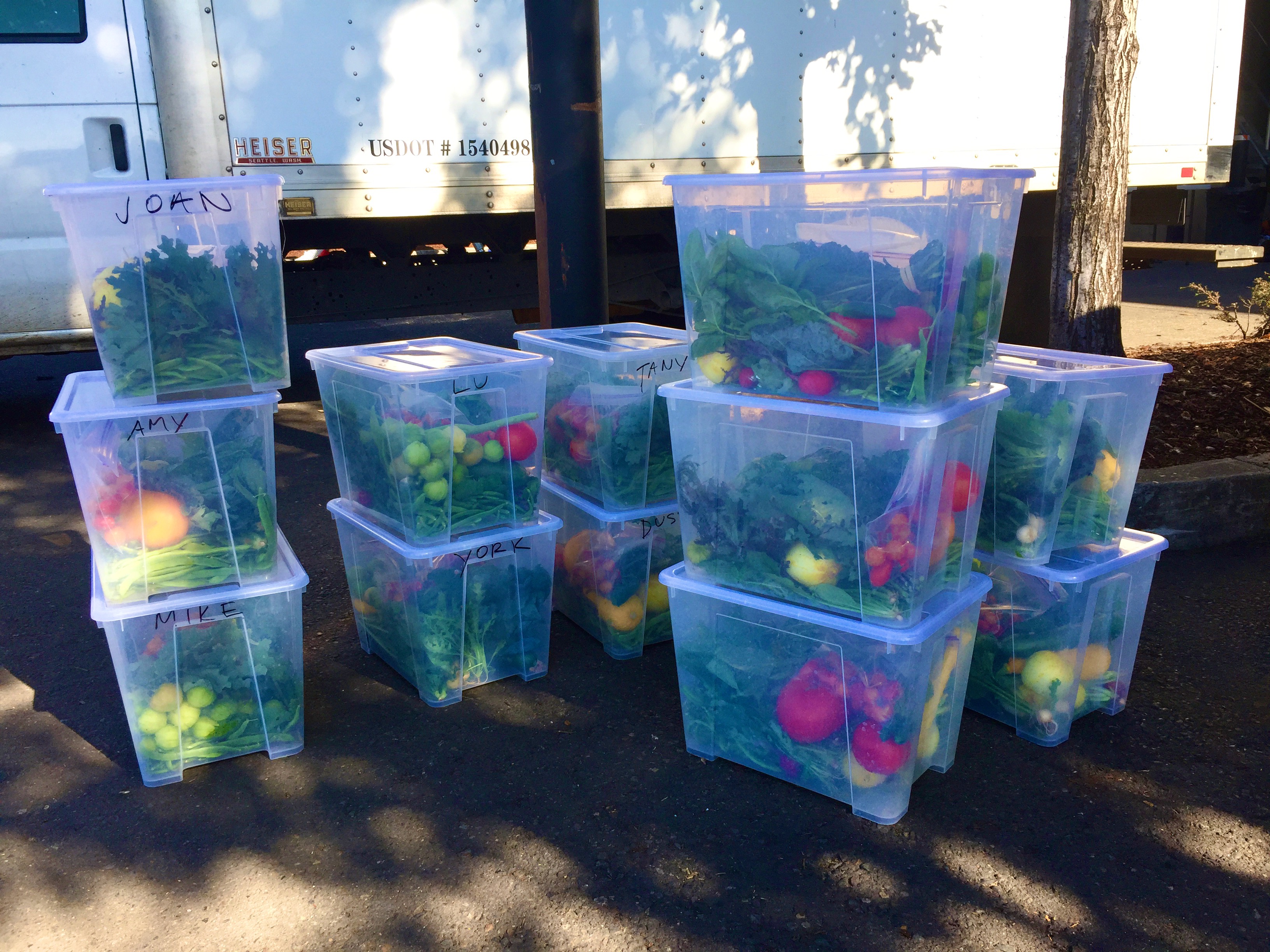
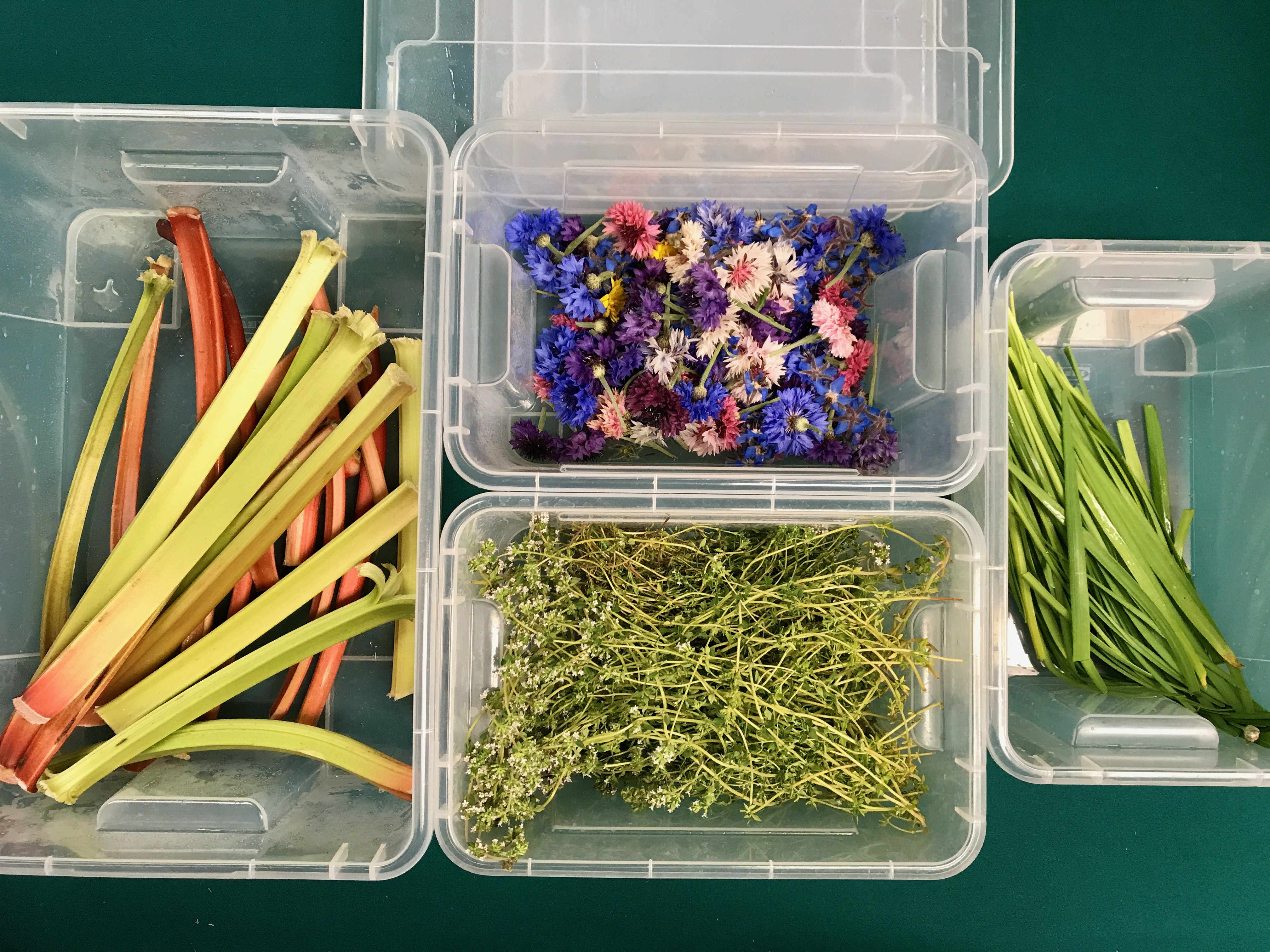
Lucky for us, Mandy provides all employees a bin of vegetables on a weekly basis about 9 months of the year—a free Union benefit that we all enjoy and that helps to keep us healthy.
Right now, in the garden at Amity, you’ll find leeks, green garlic, spring onions, shallots, radicchio, frisée, fava greens, and purple sprouting broccoli, also borage and bees friend. And very soon we’ll be enjoying lots of potatoes, beets, carrots, turnips, lettuce and kohlrabi, cabbage, broccoli, cauliflower, kale, collards…I think you get the idea.
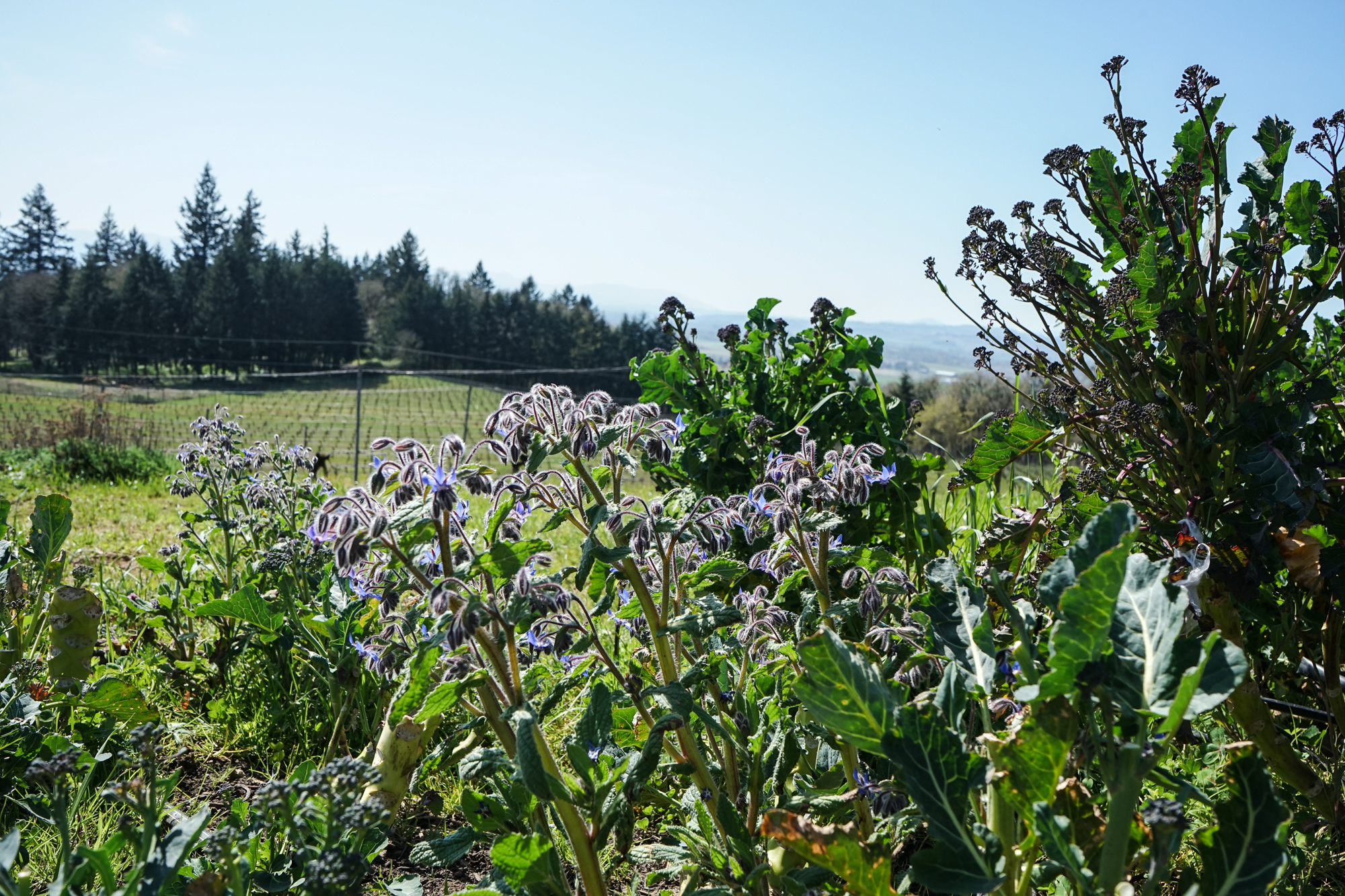
Oh, and the rhubarb is producing and all the strawberries are flowering.
We wish you a Happy and Healthy Earth Day!
Stay well and take good care of our earth.
